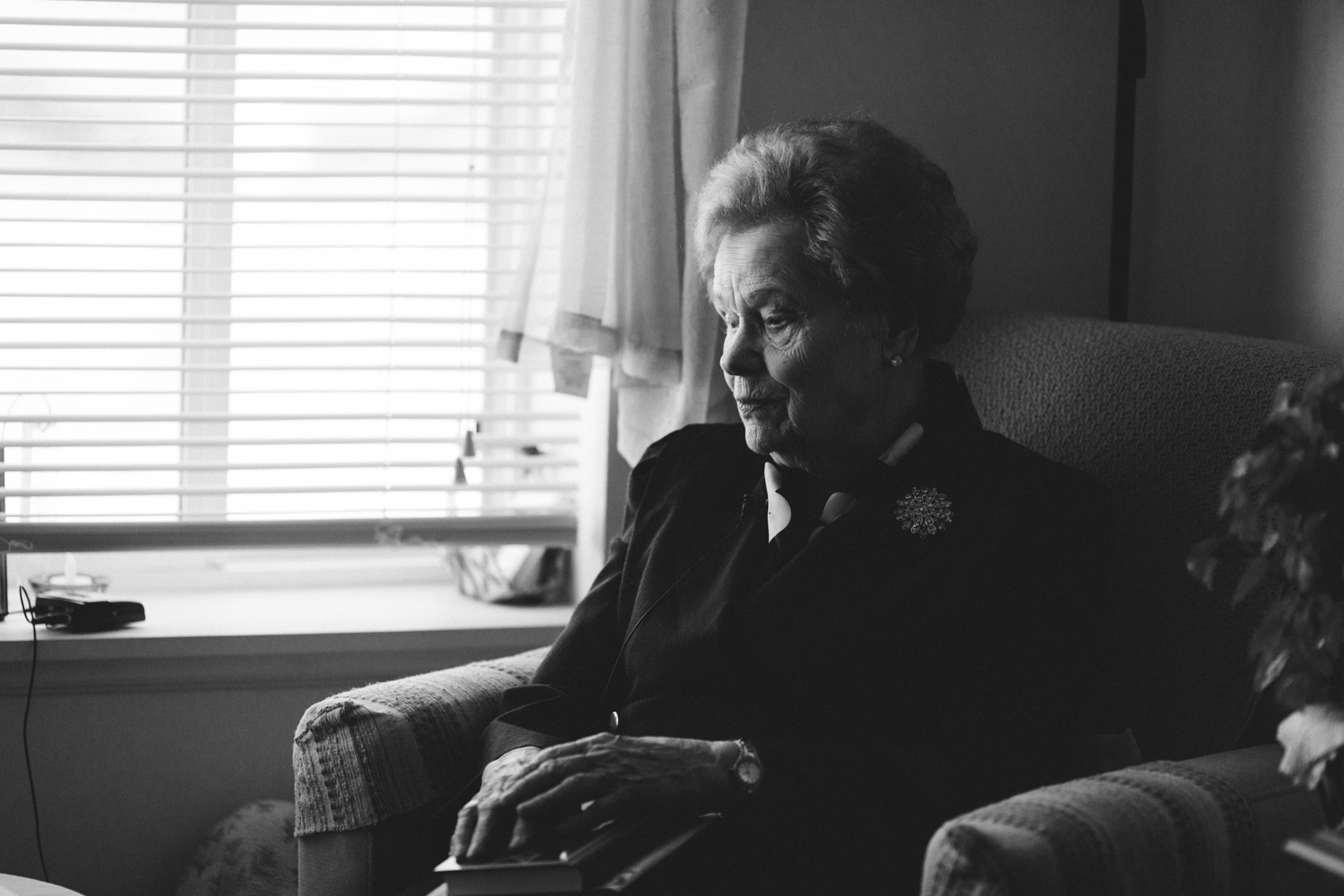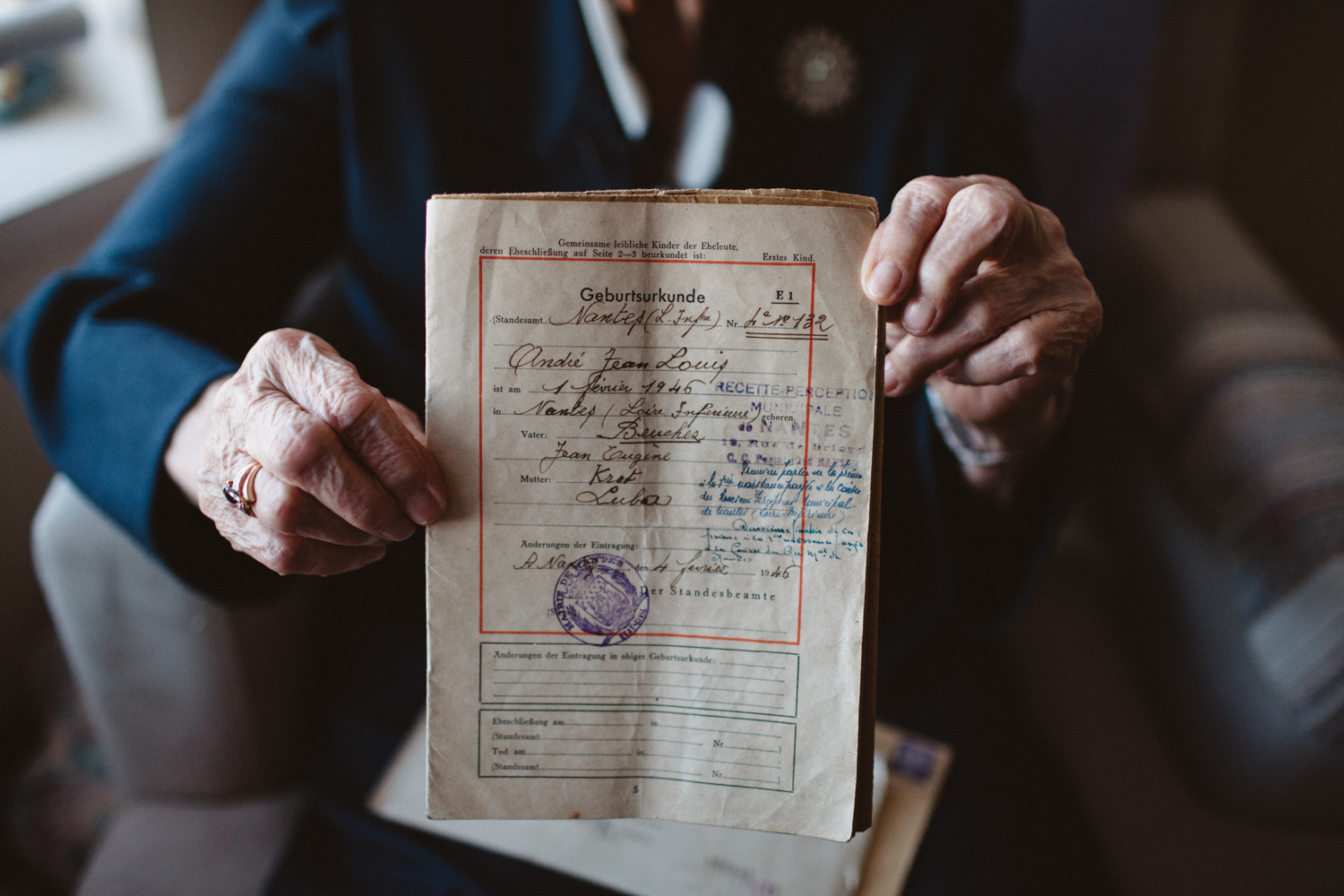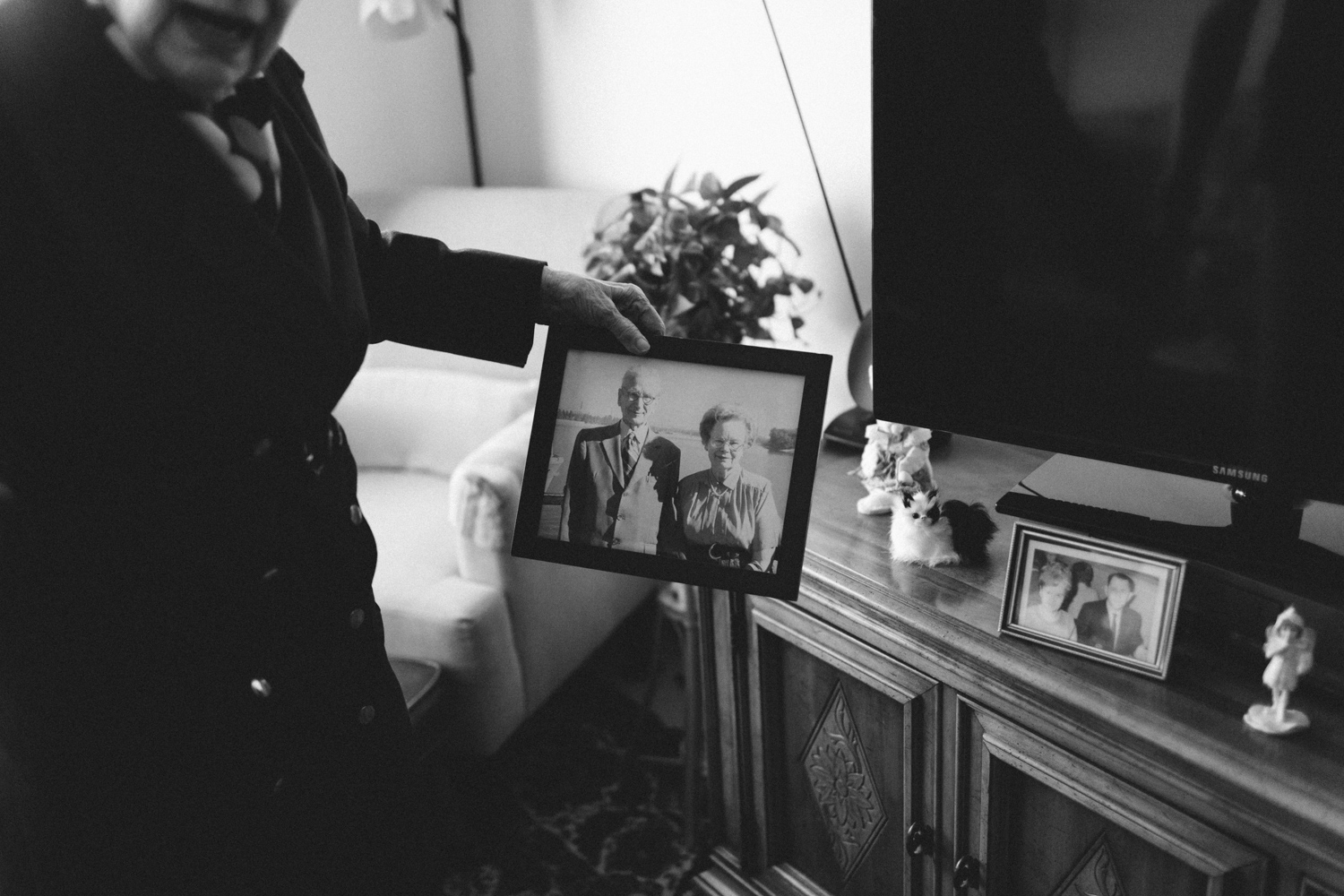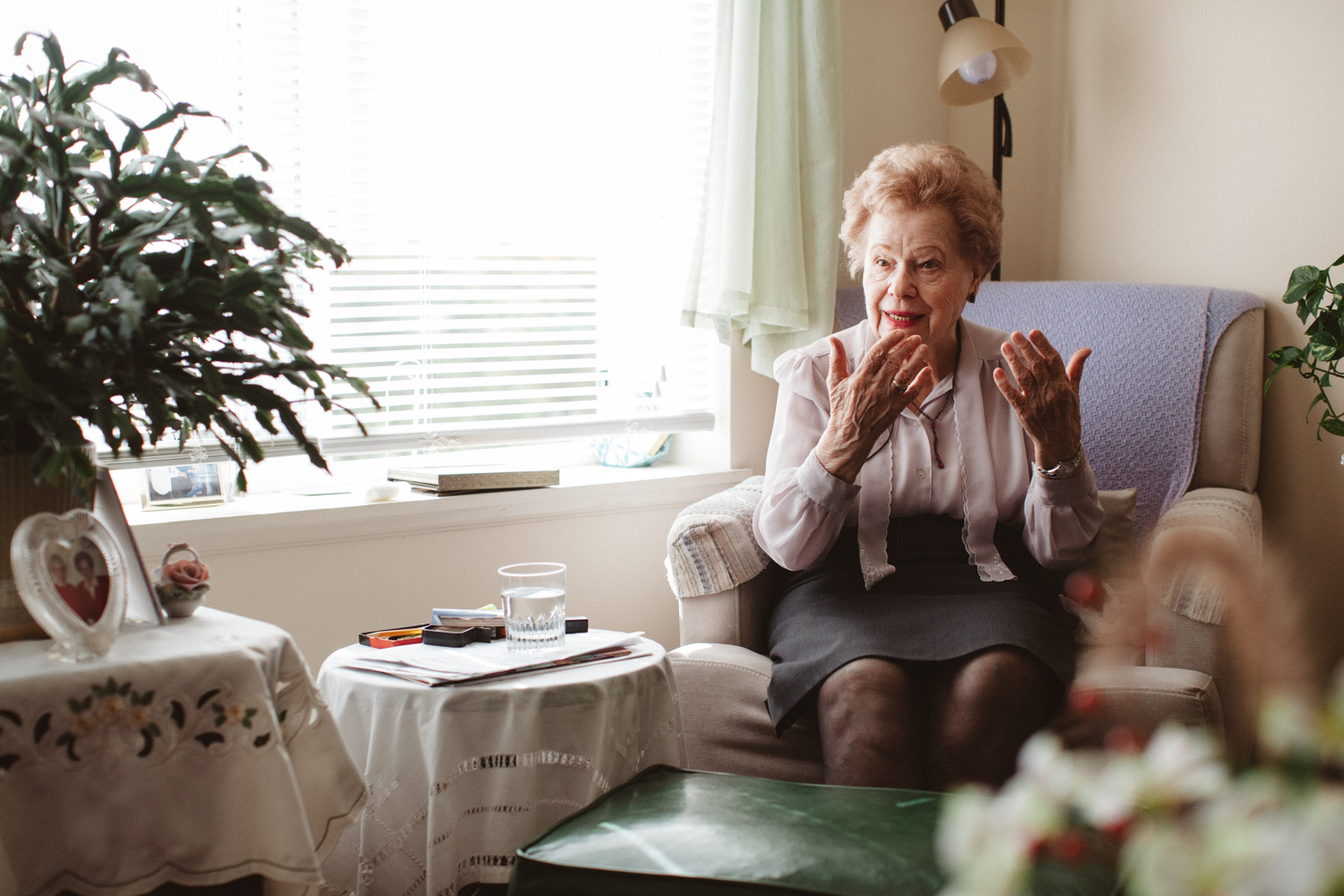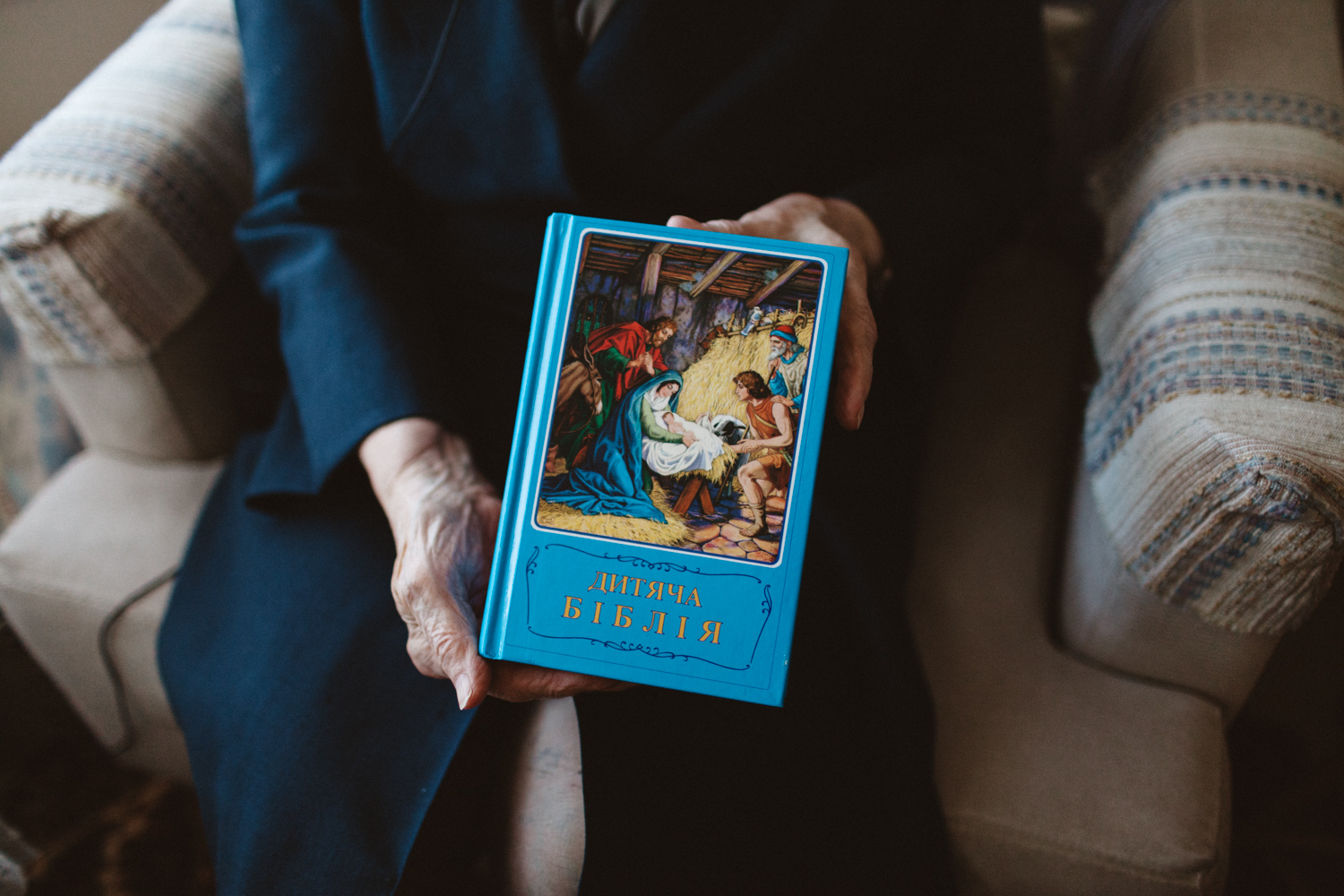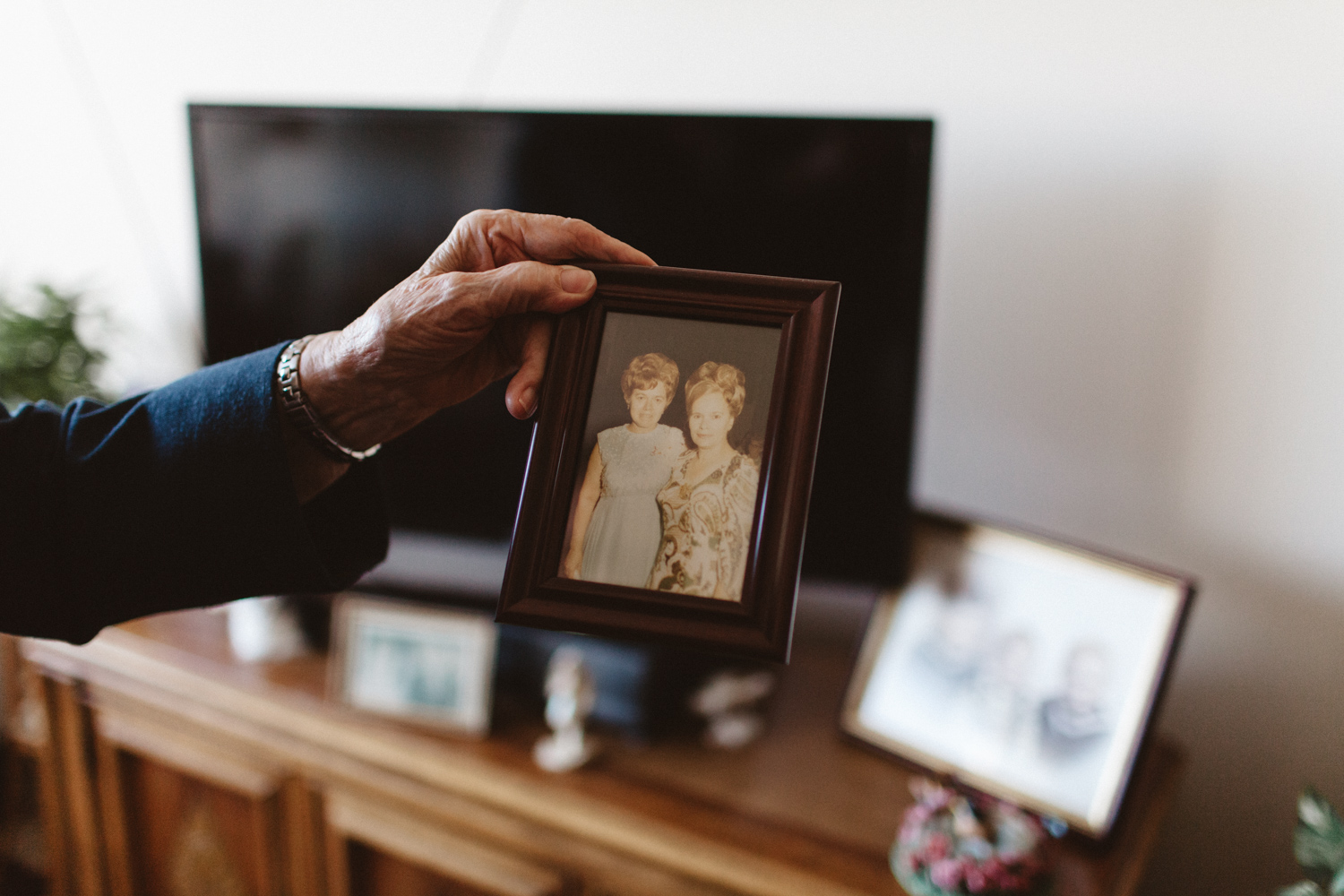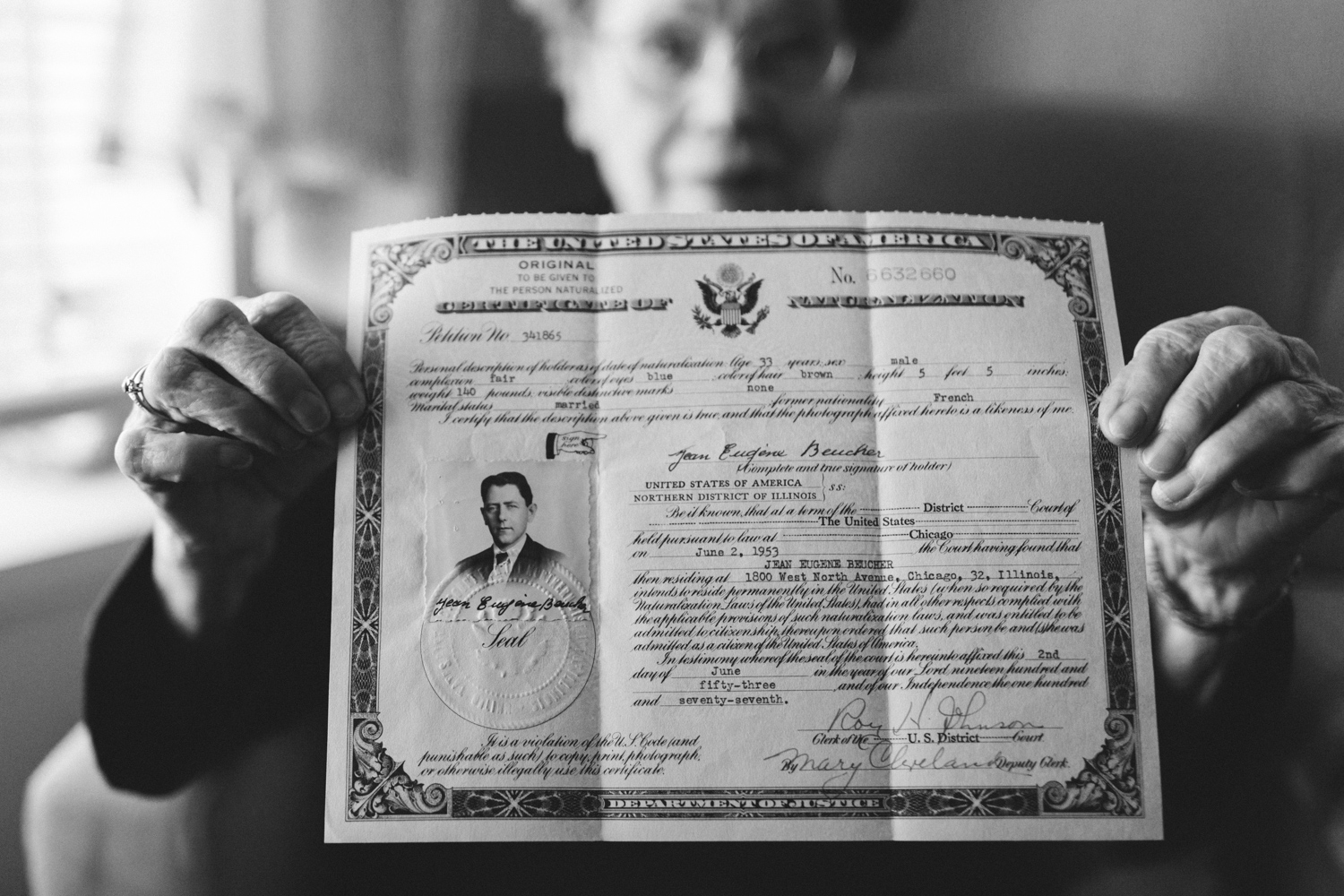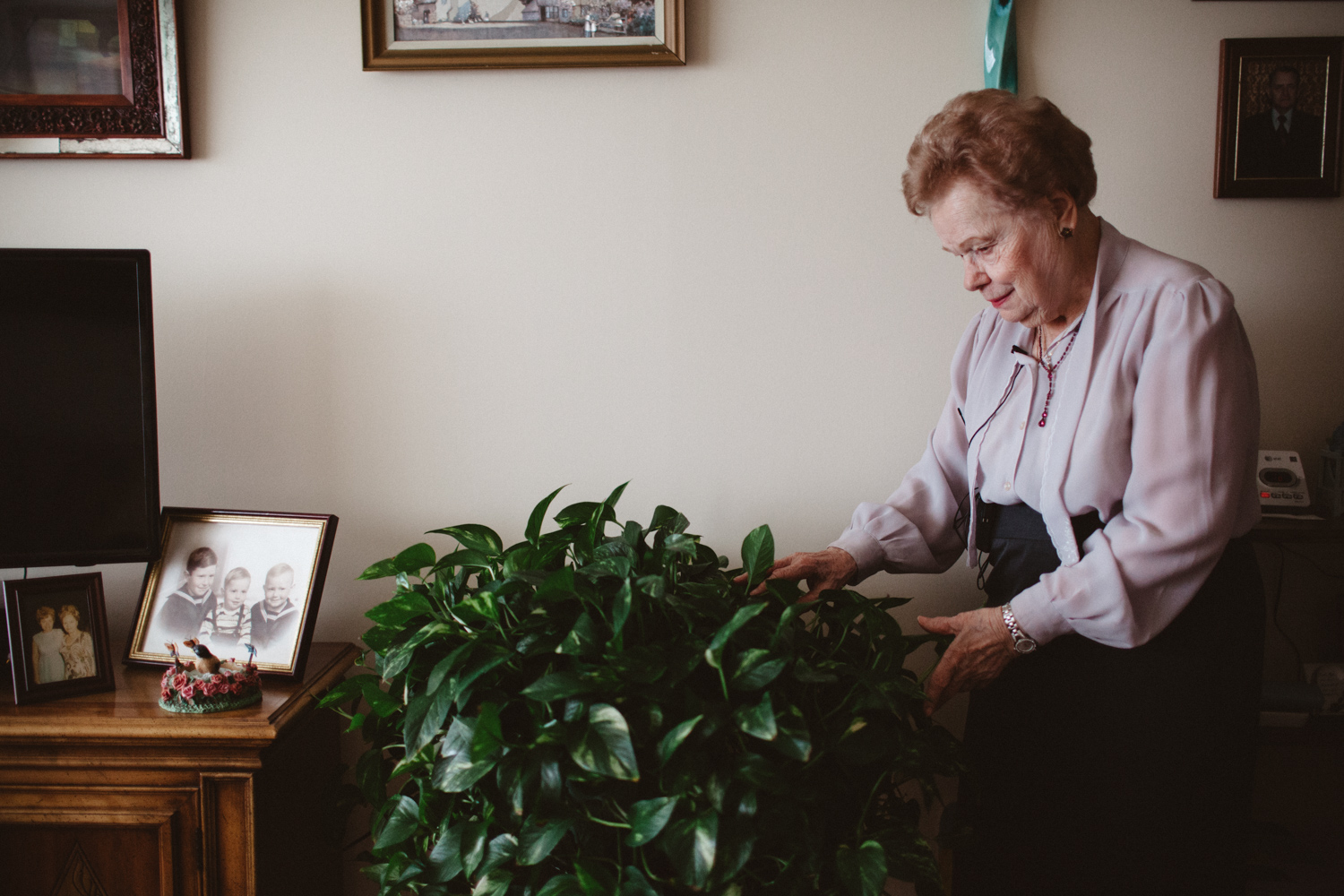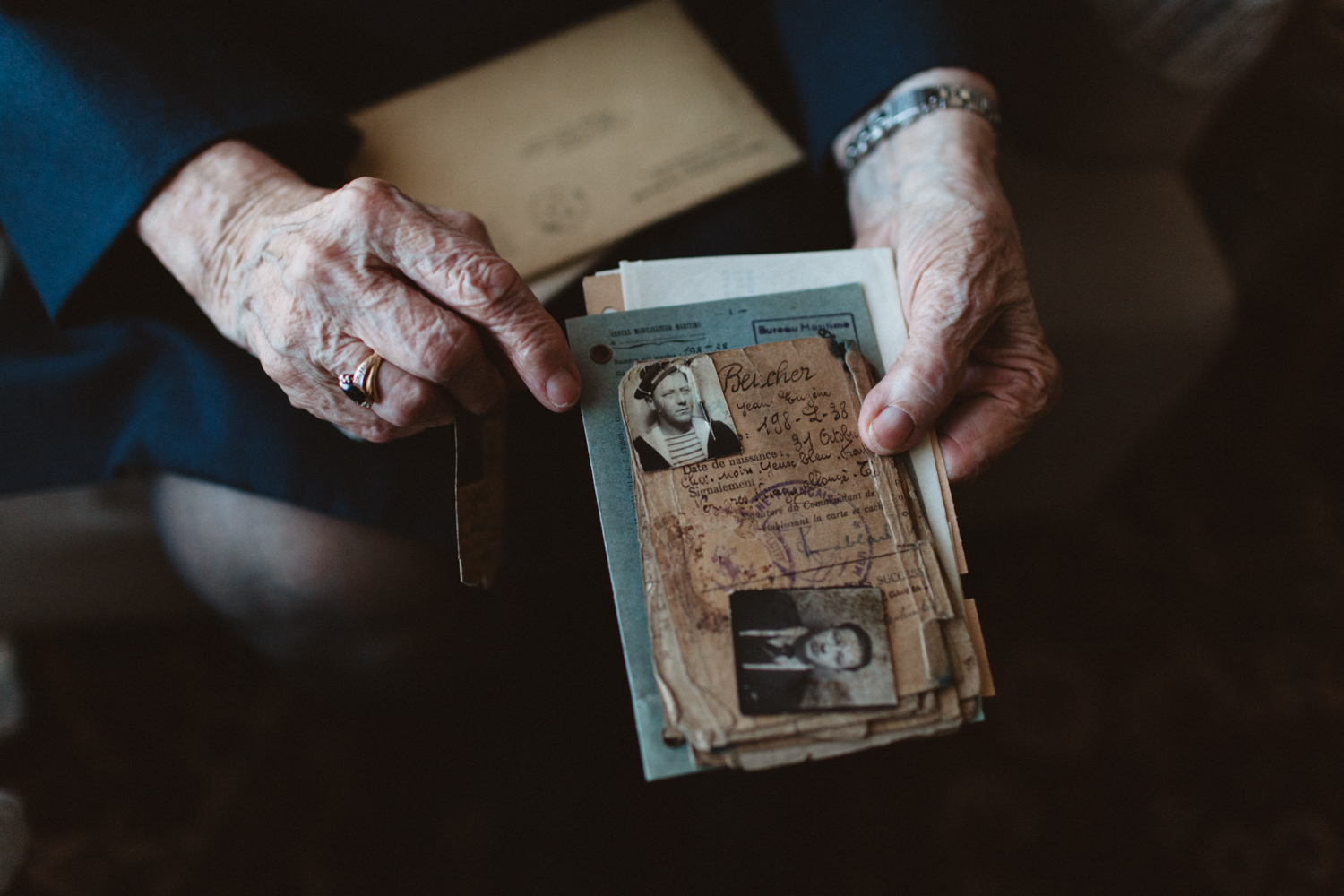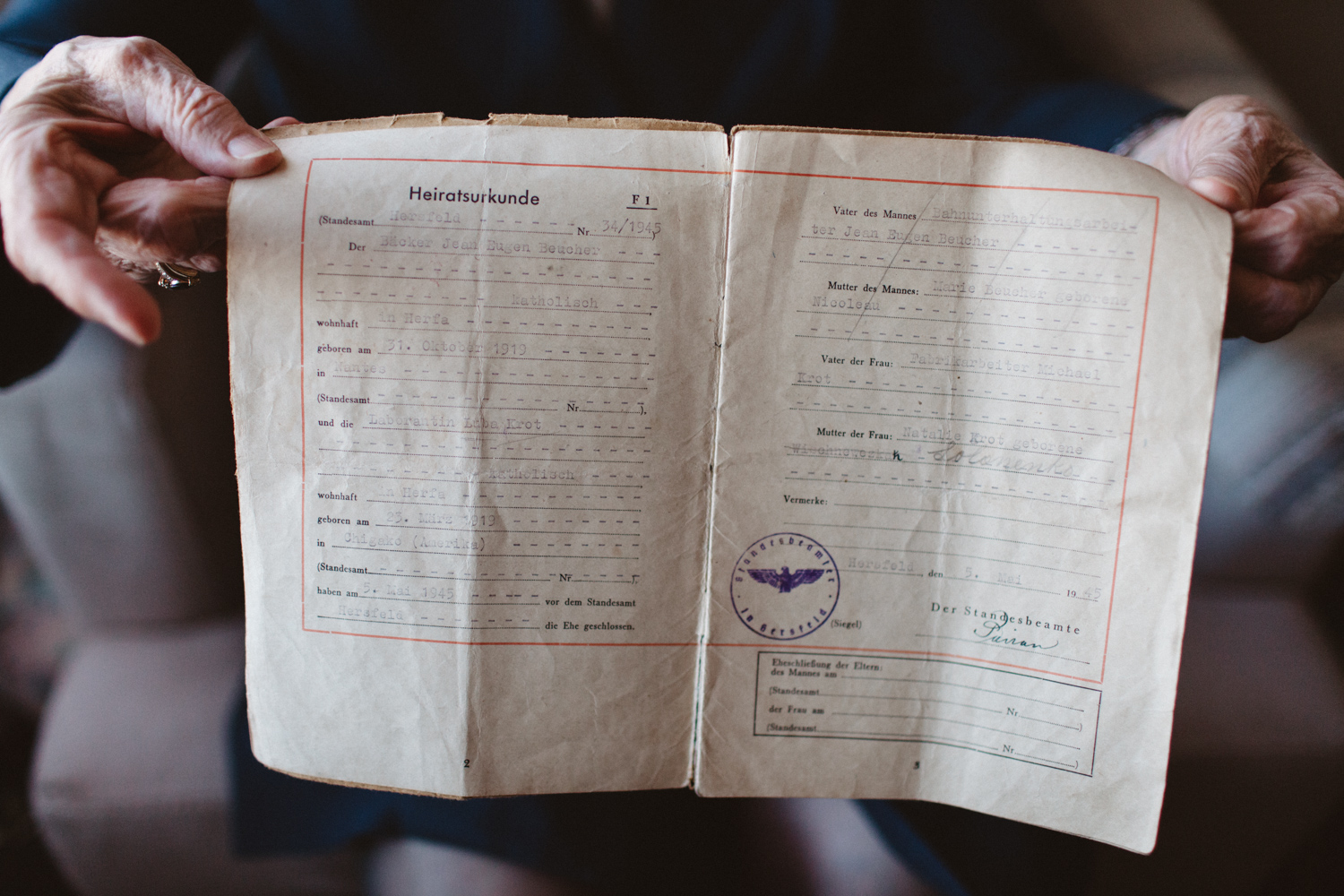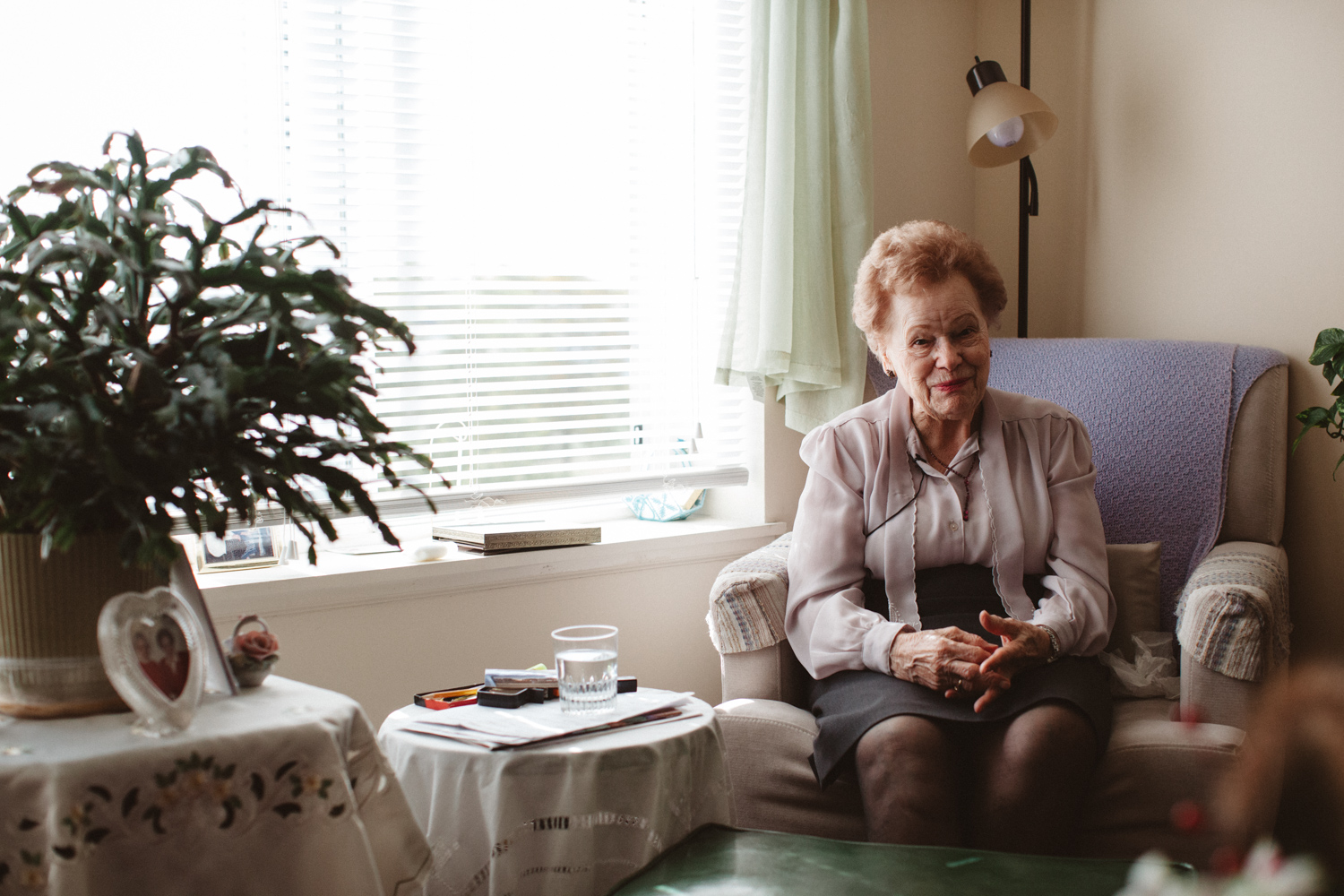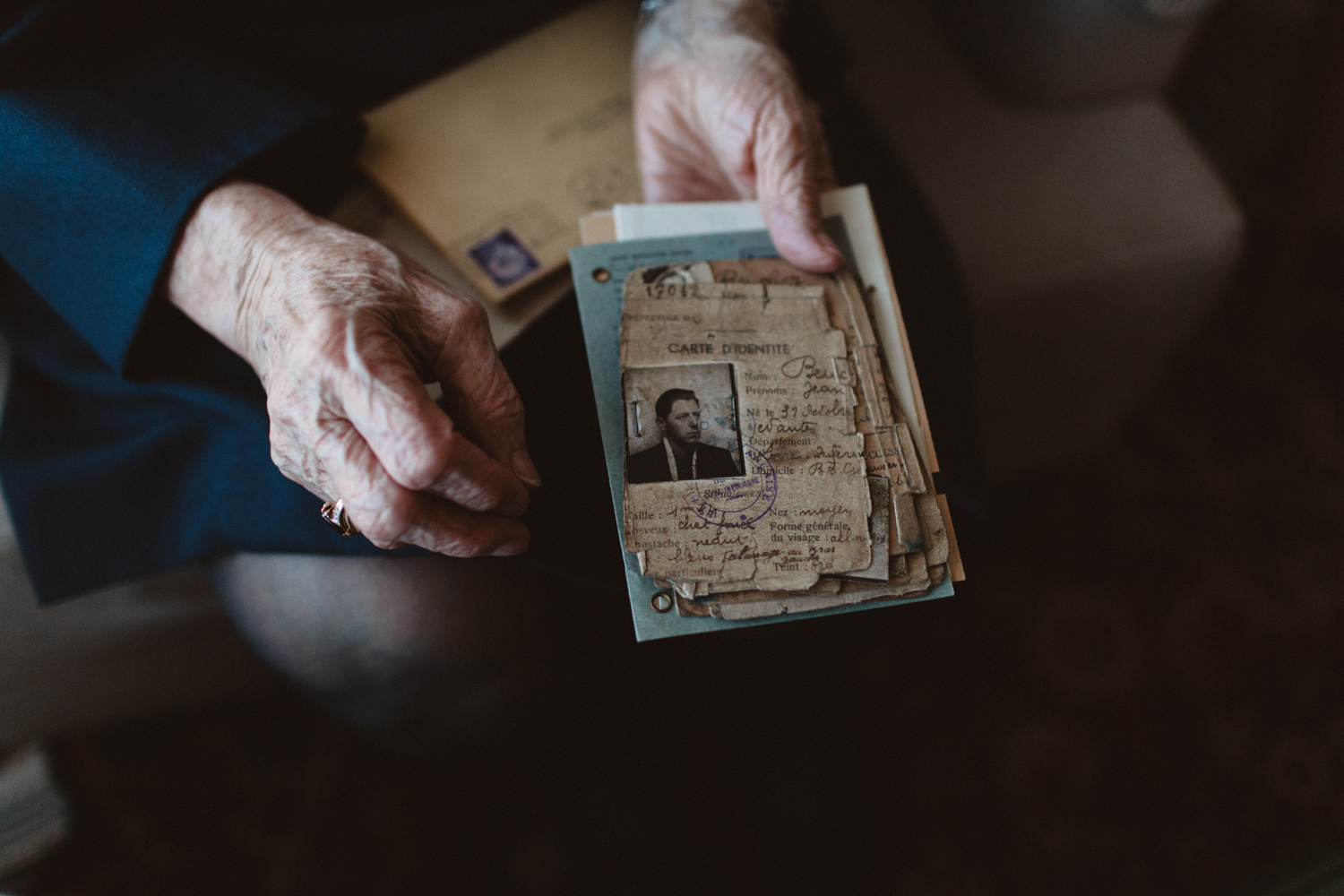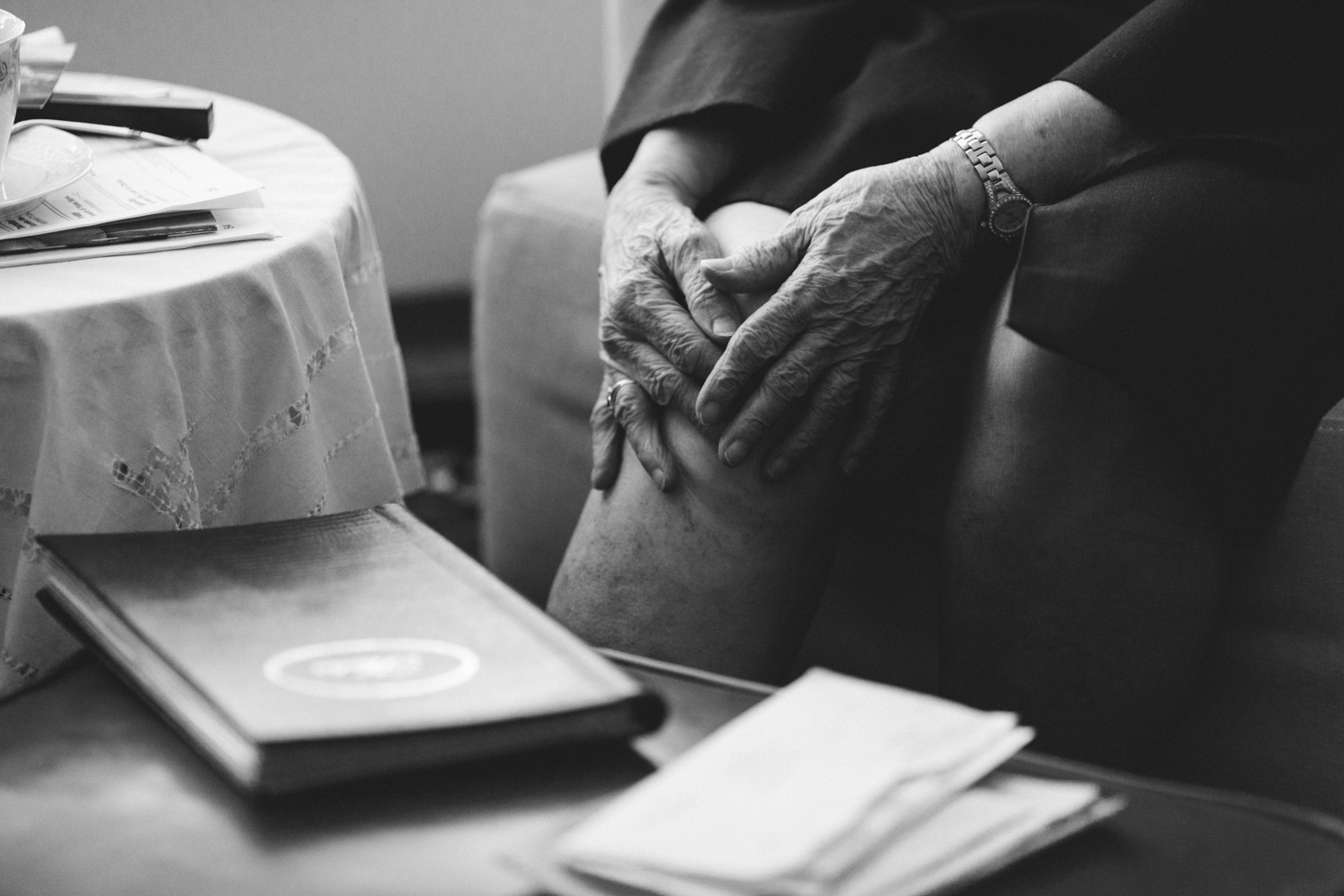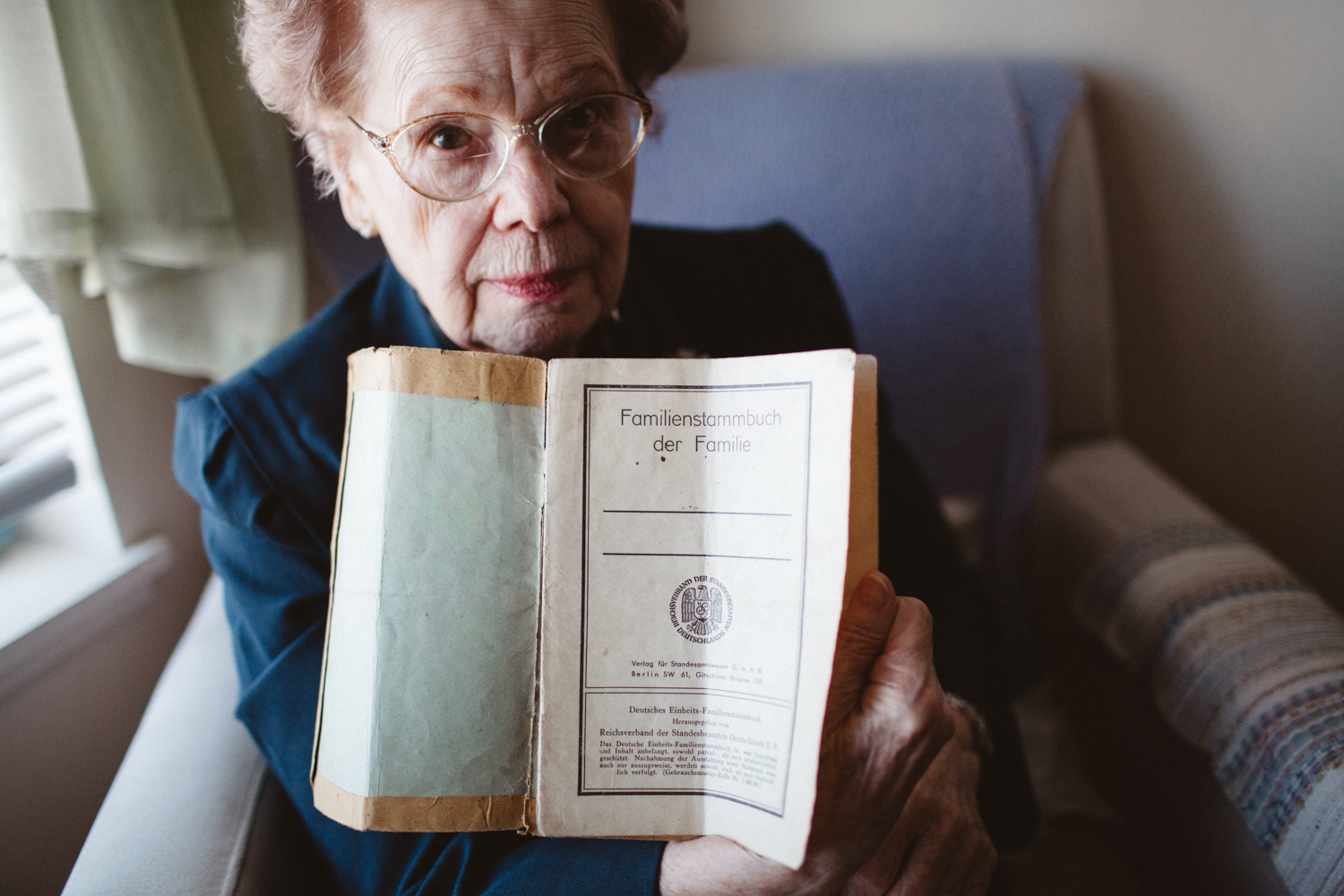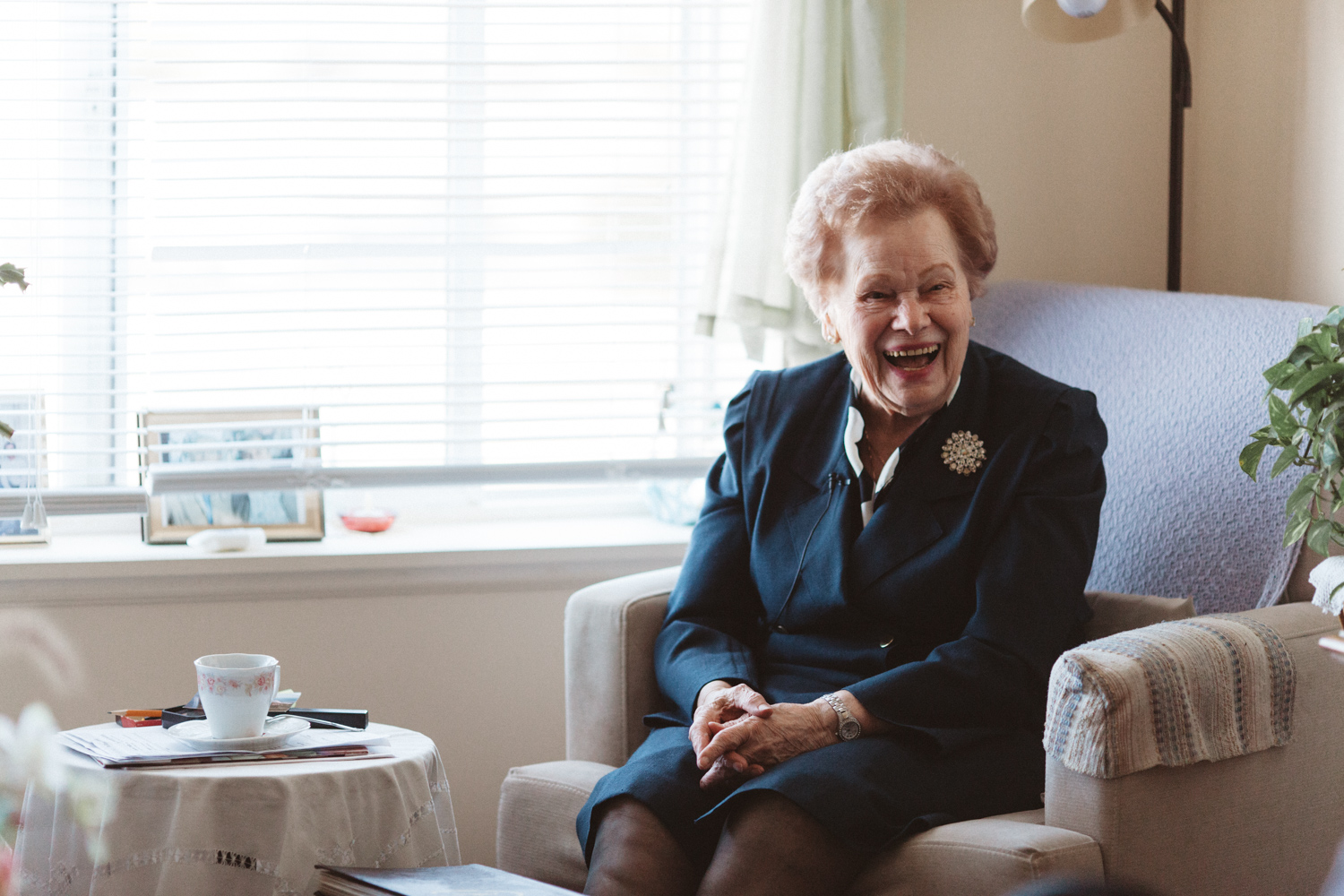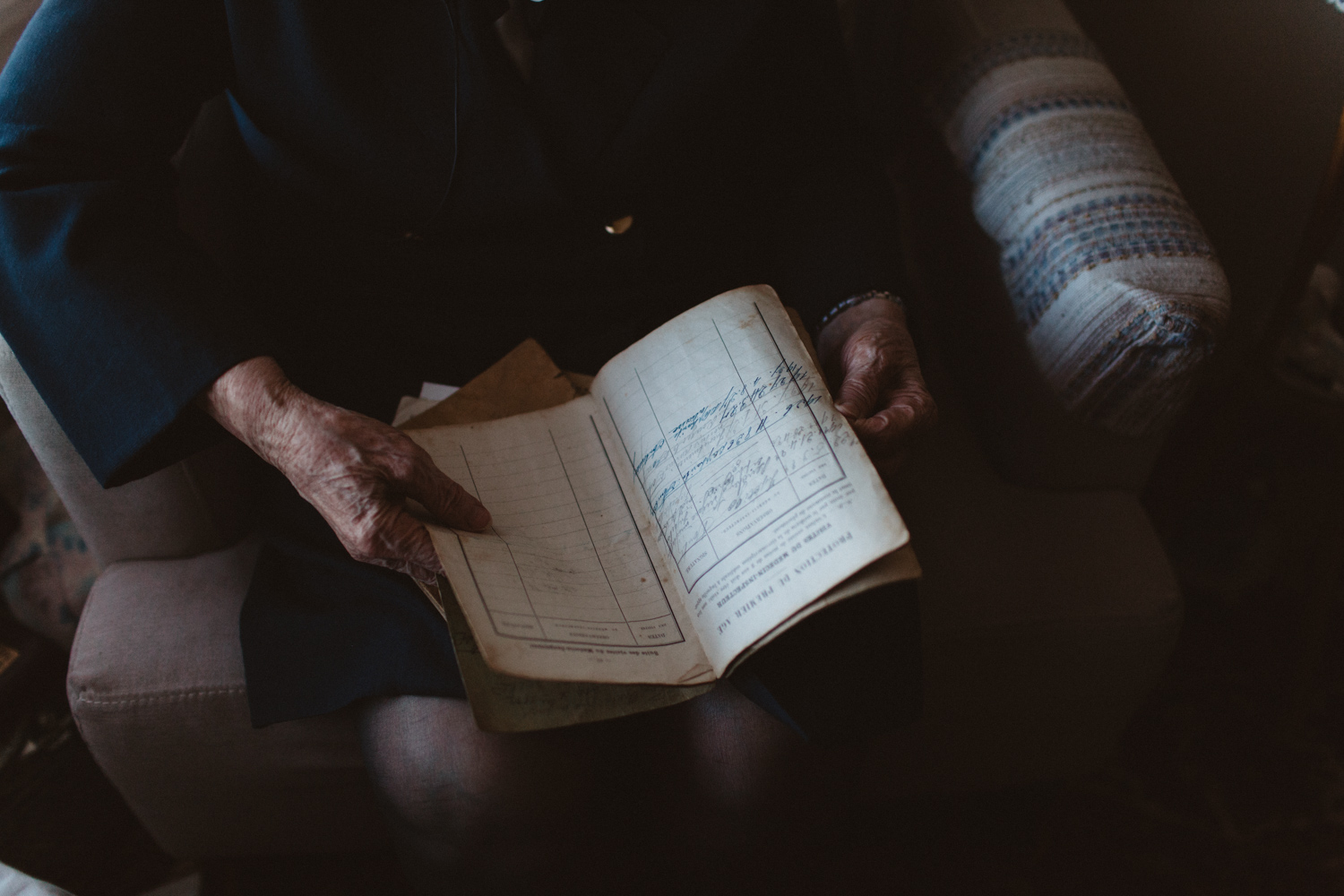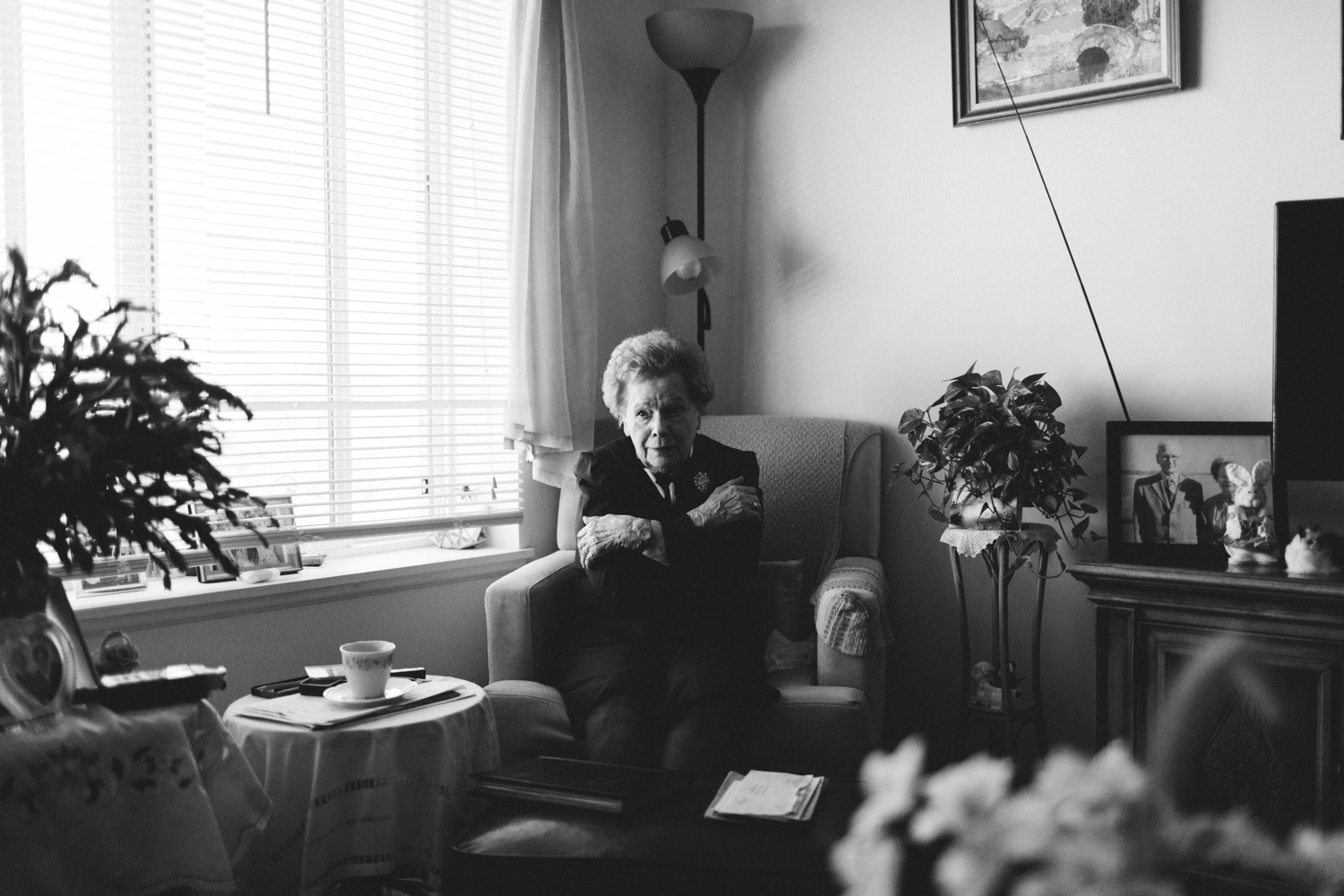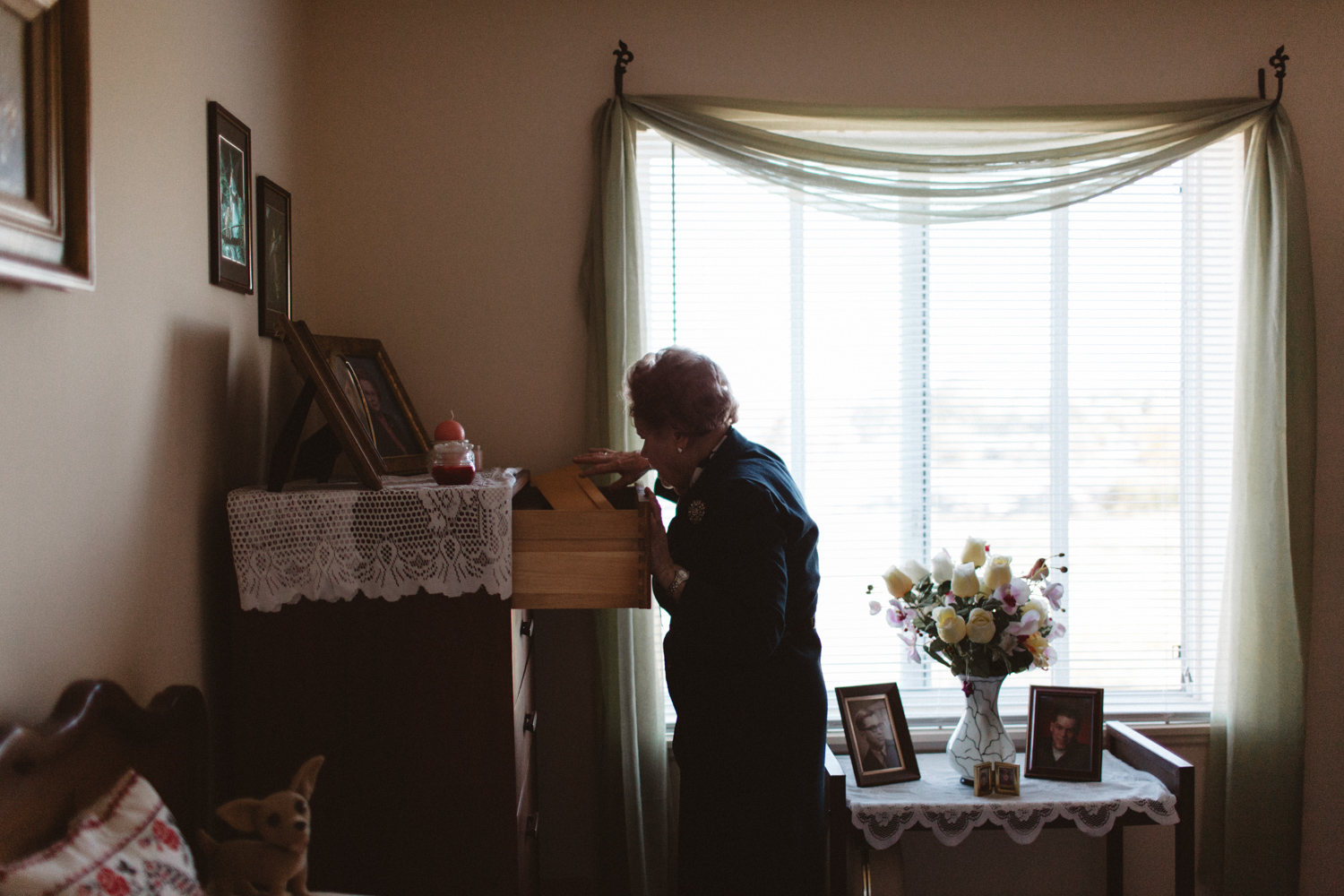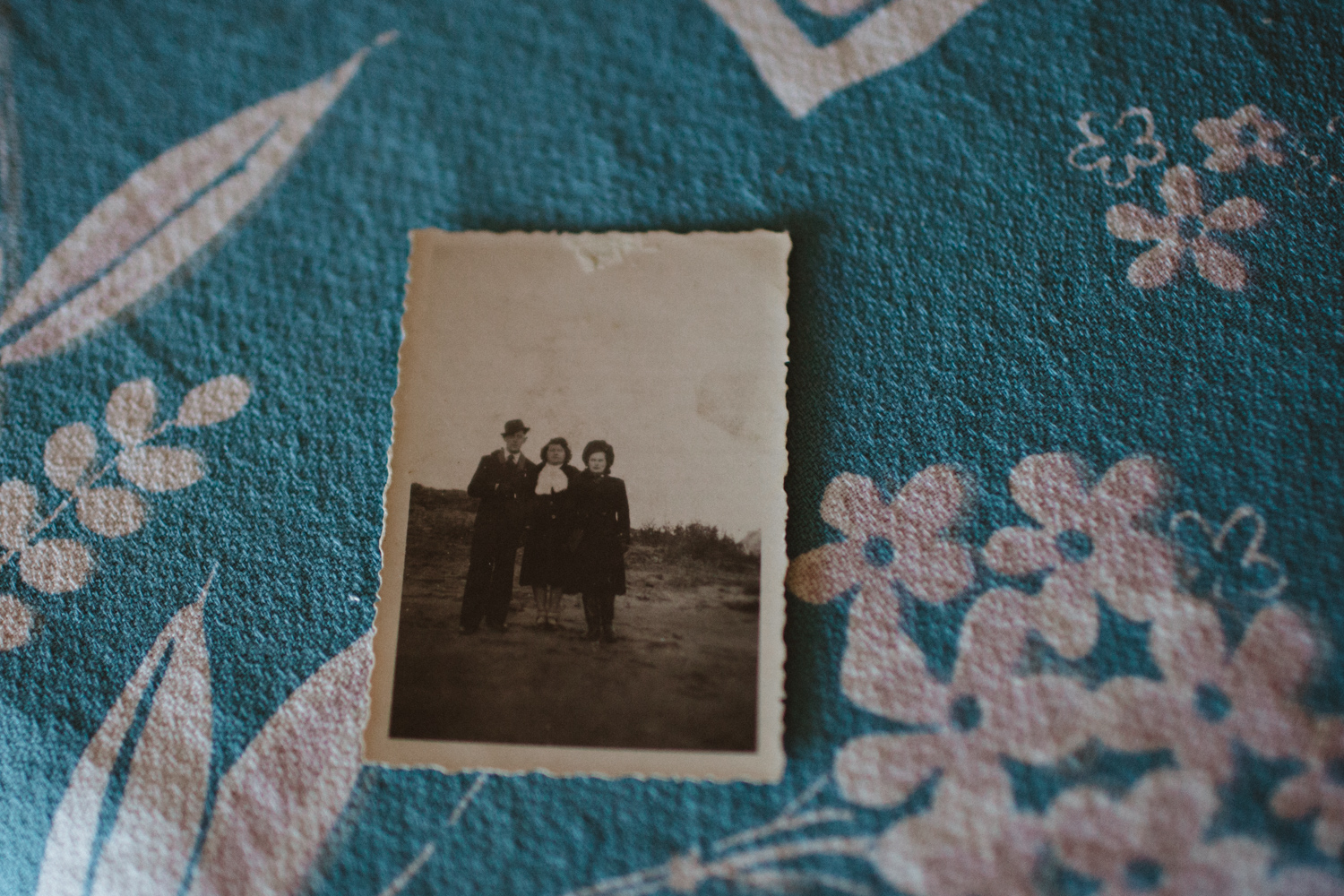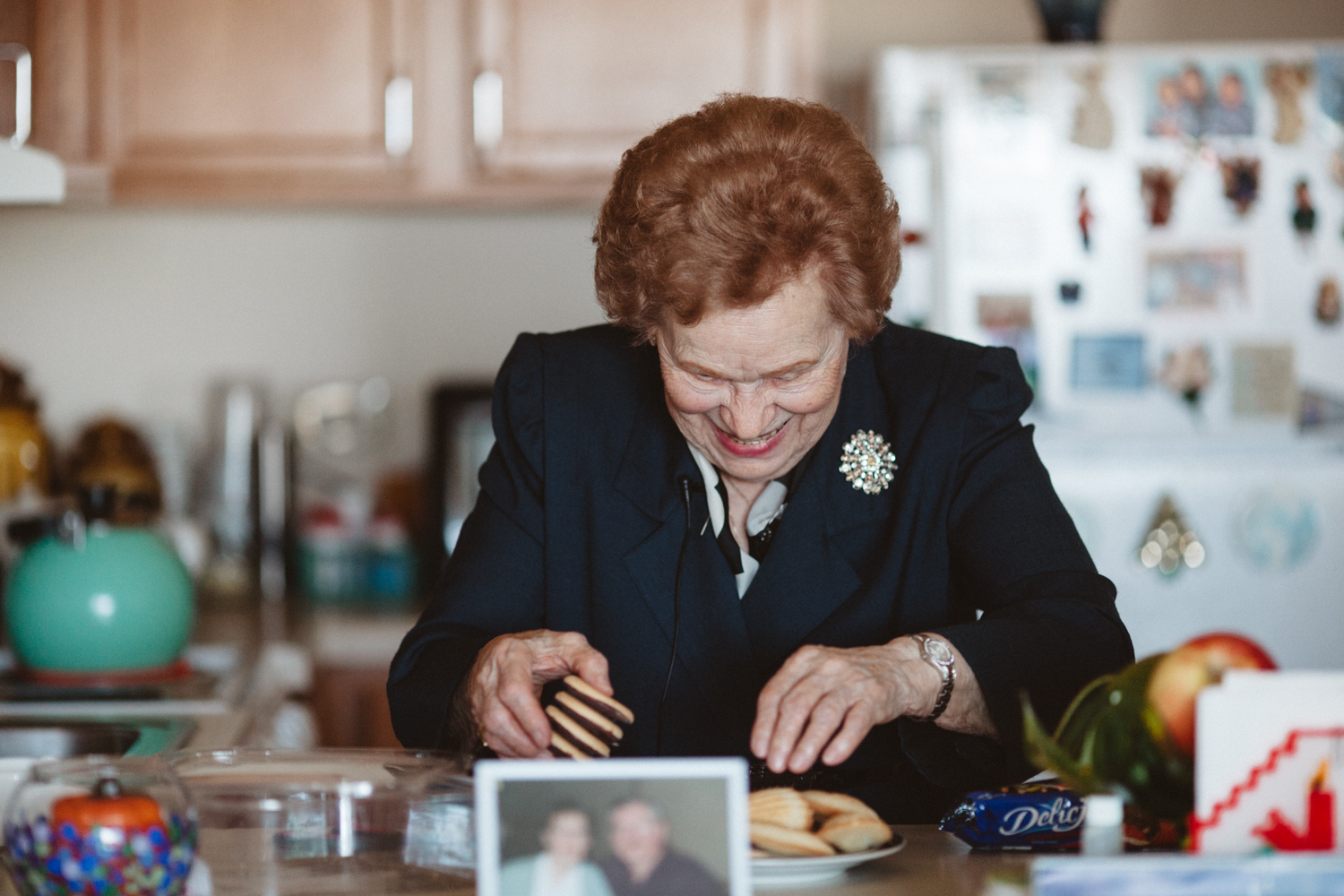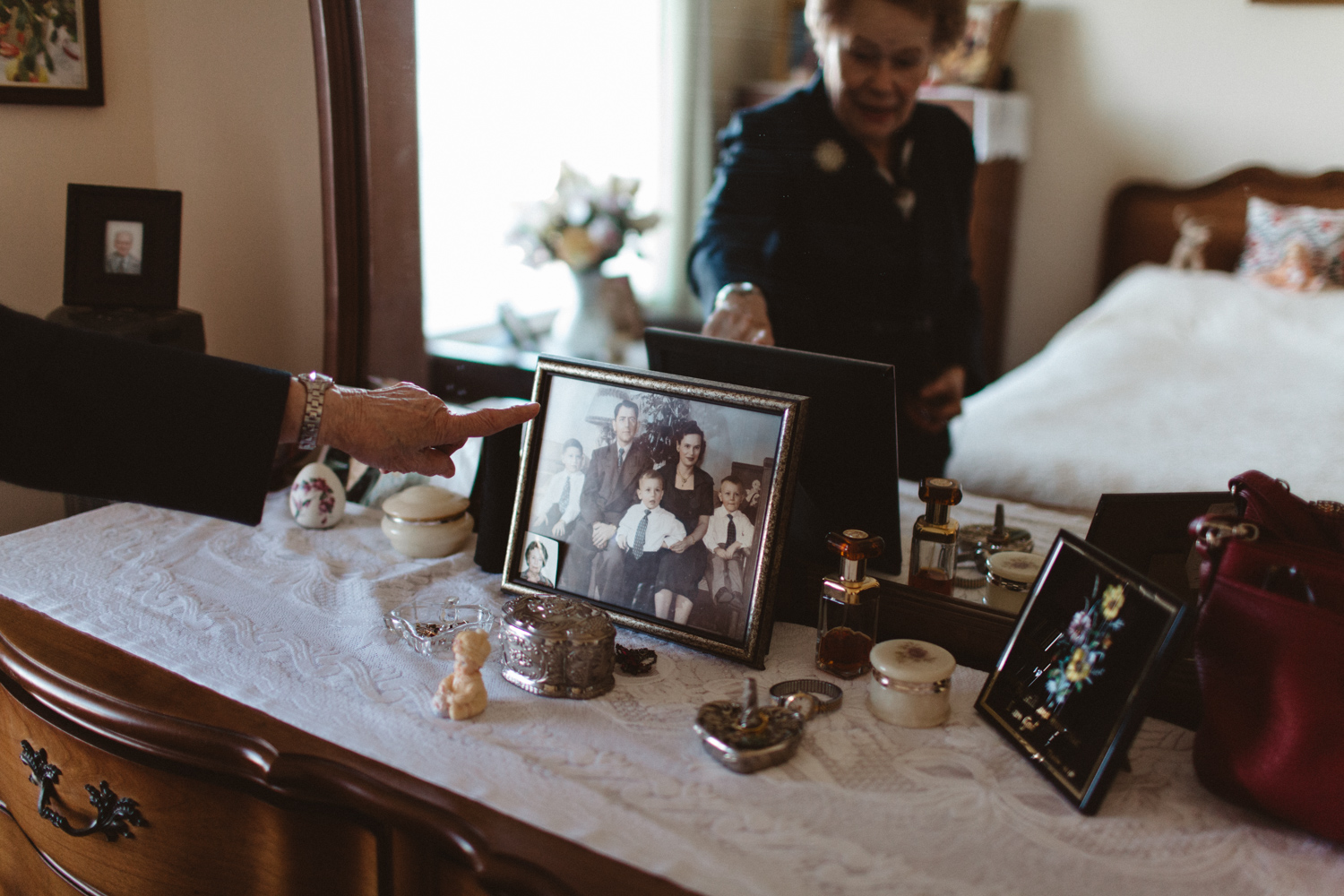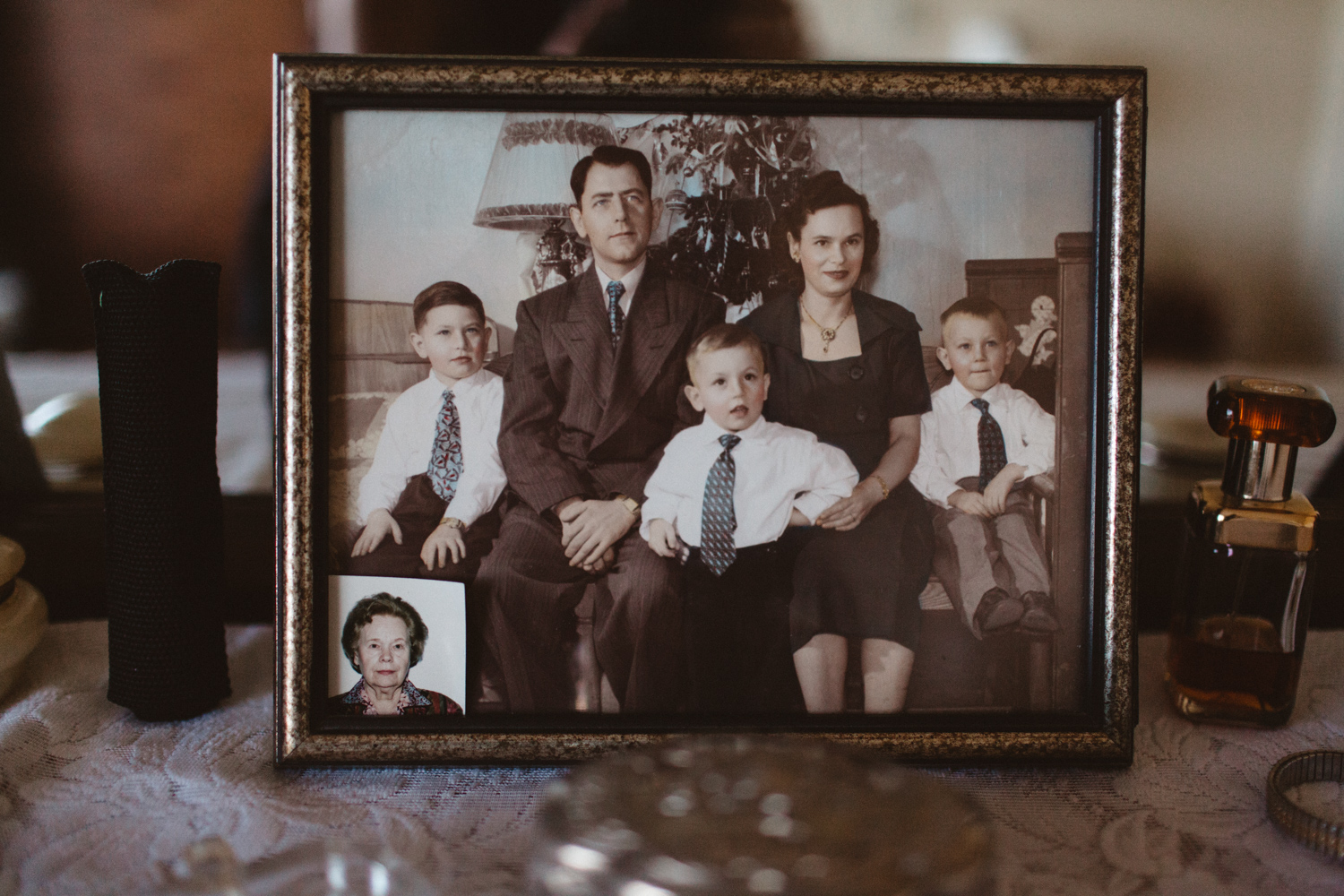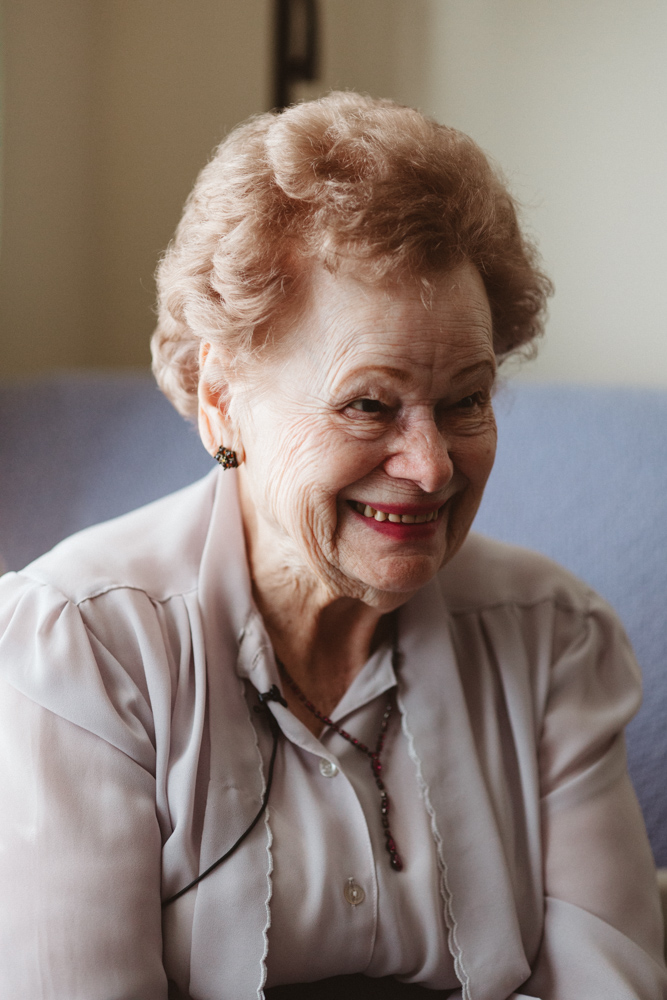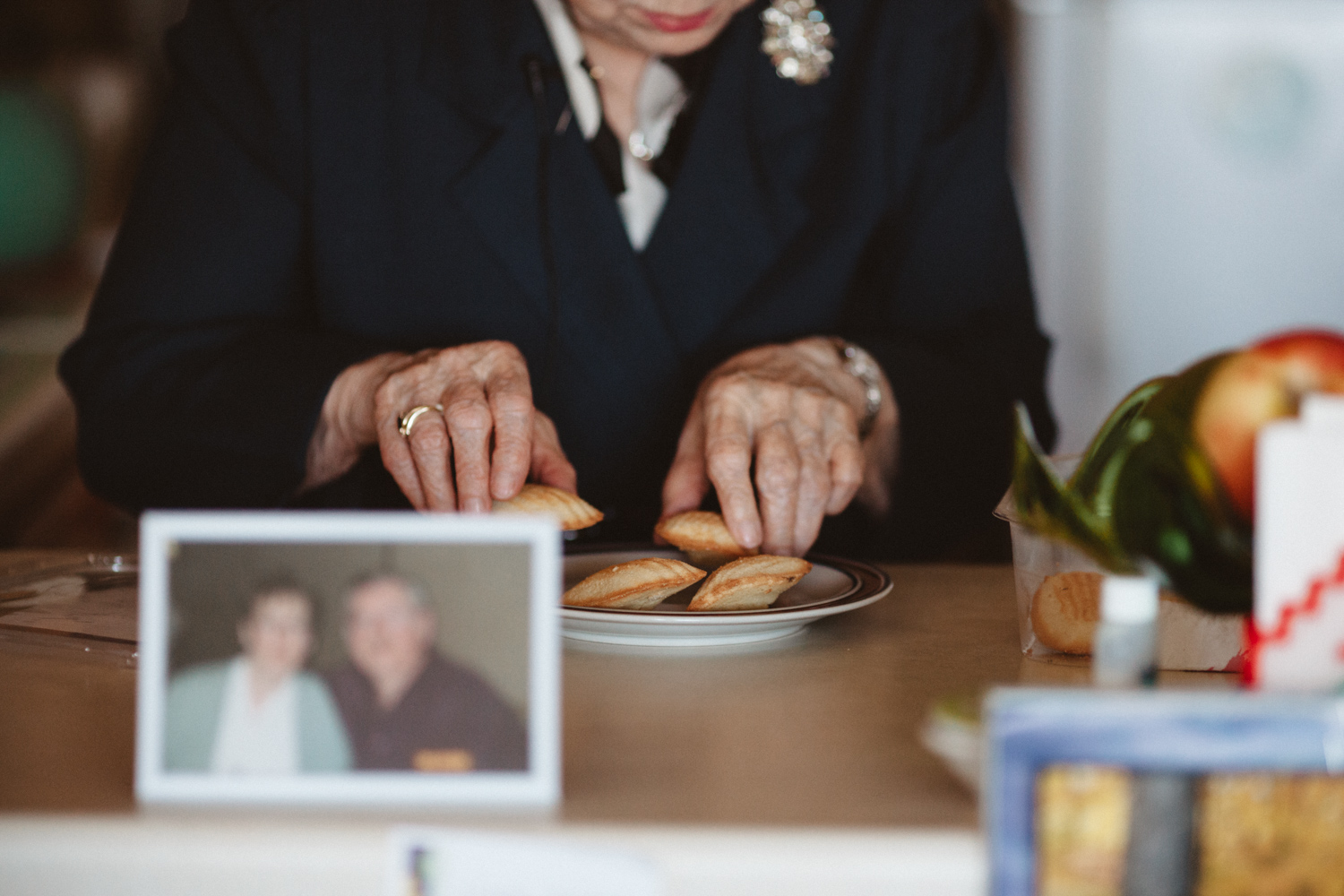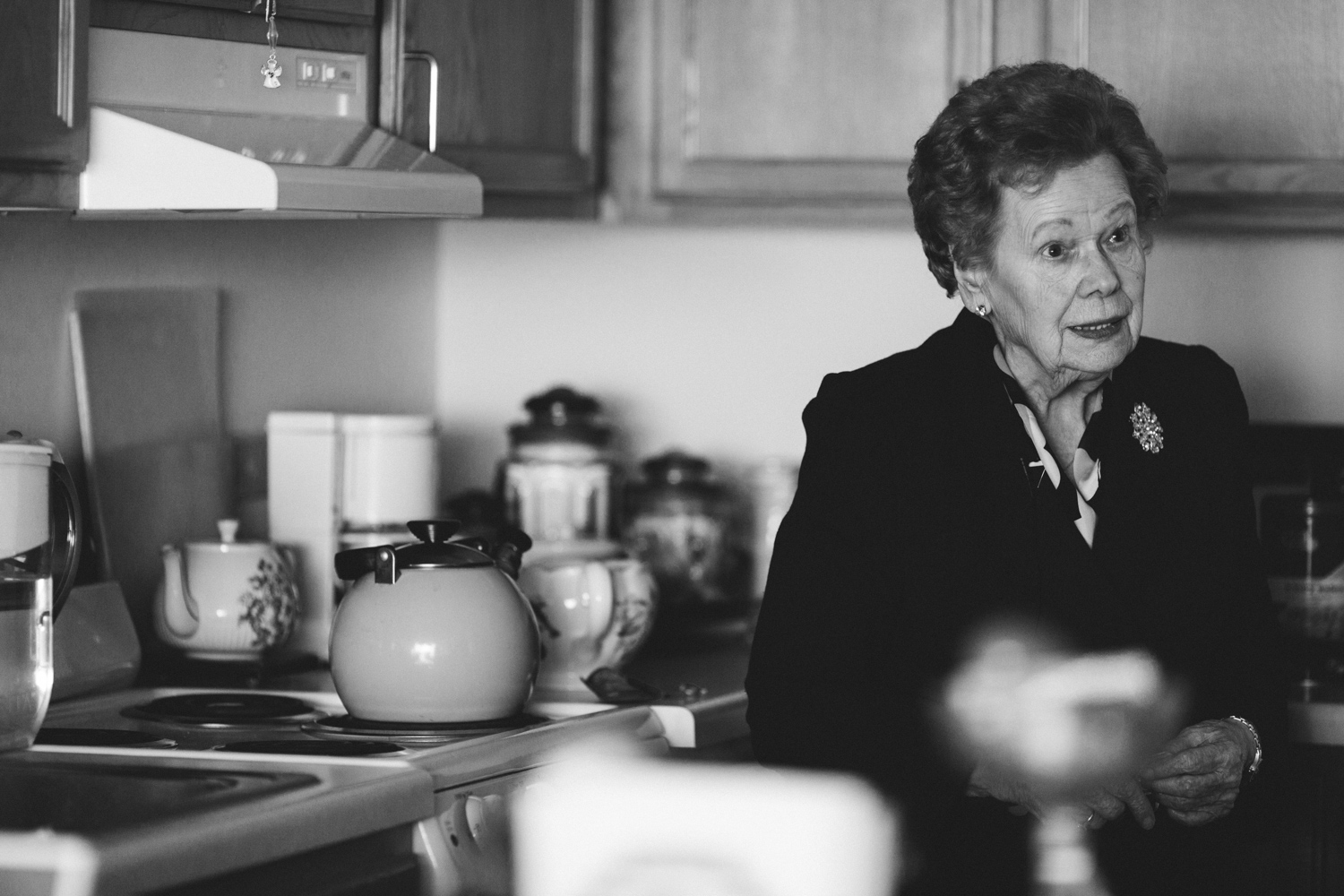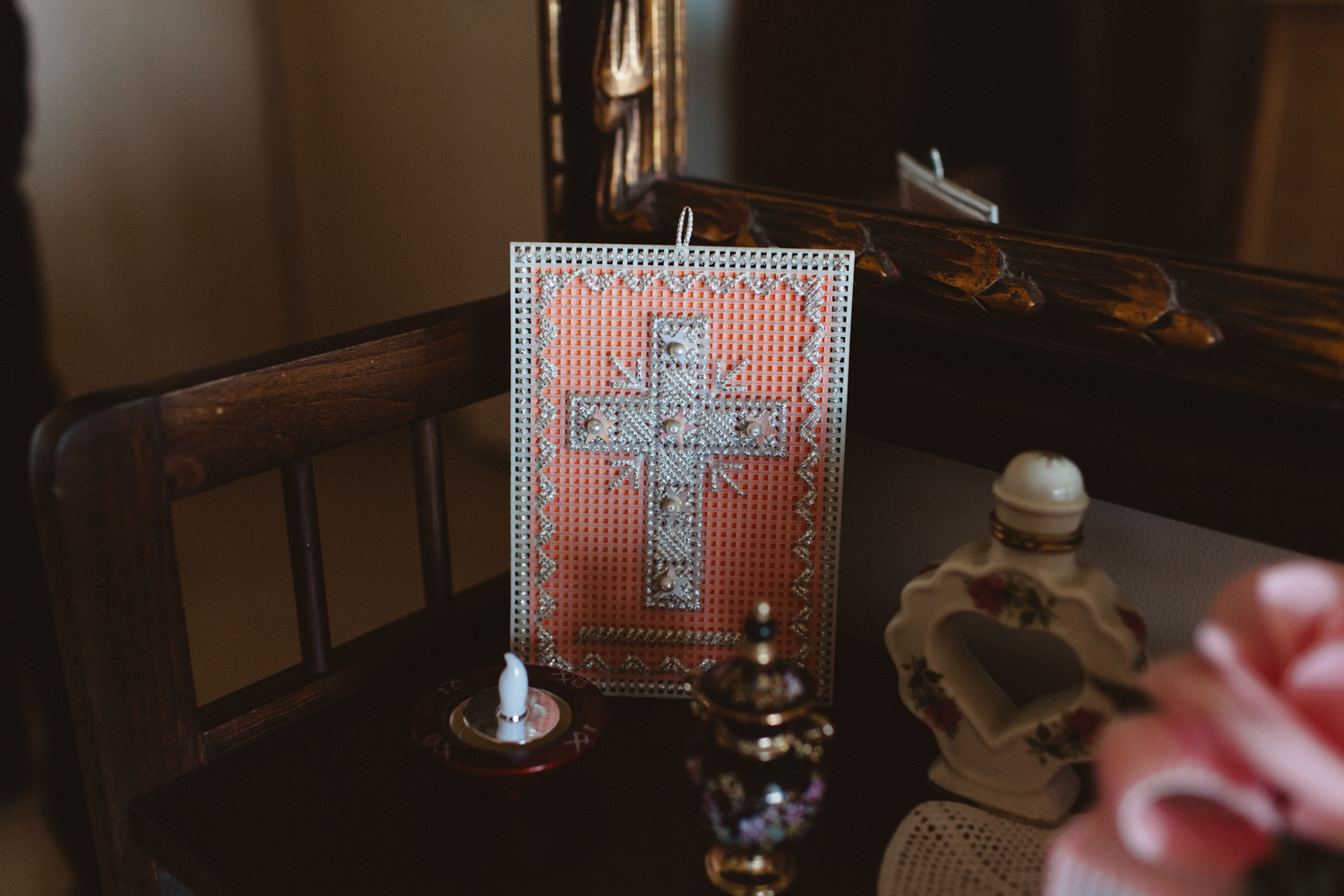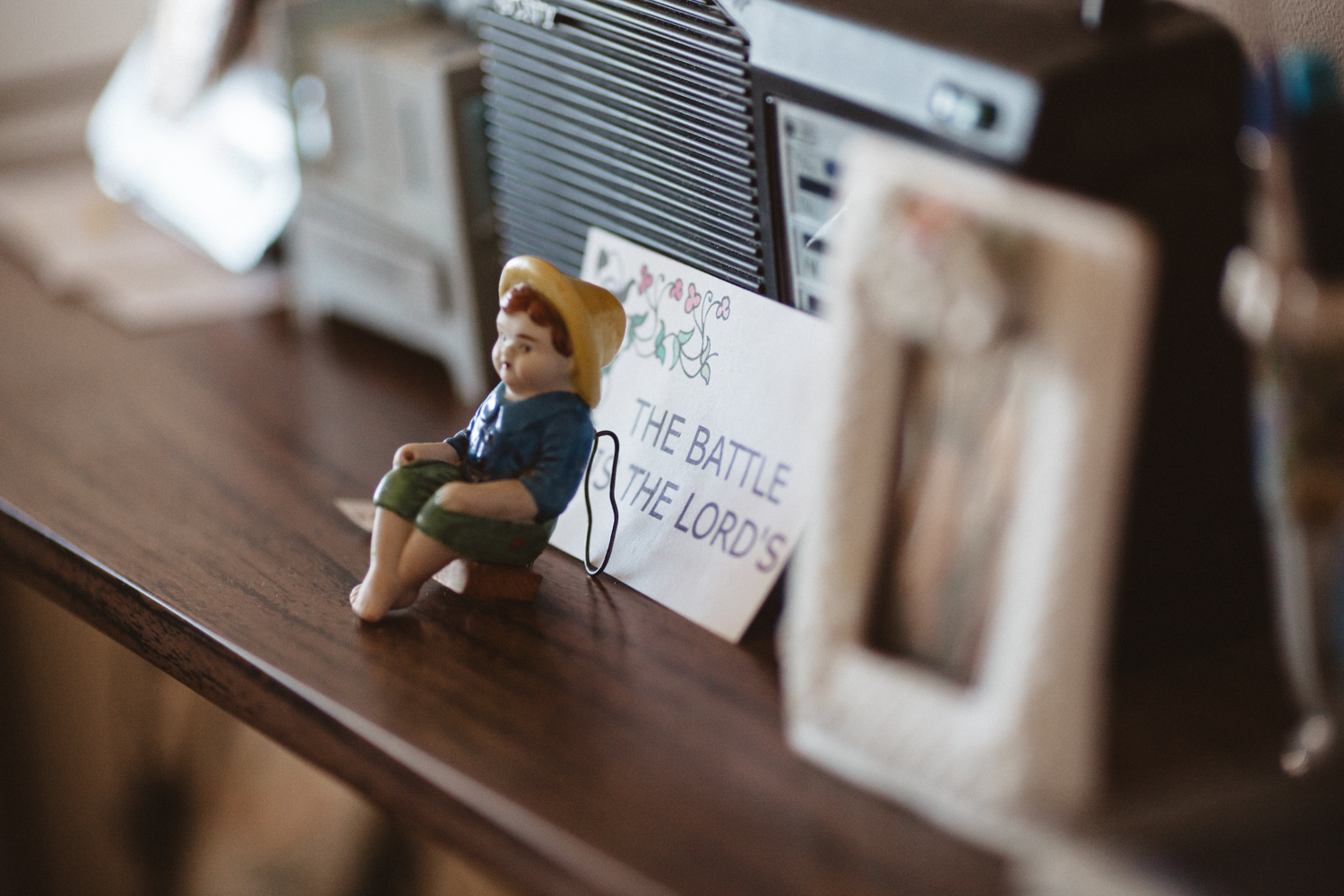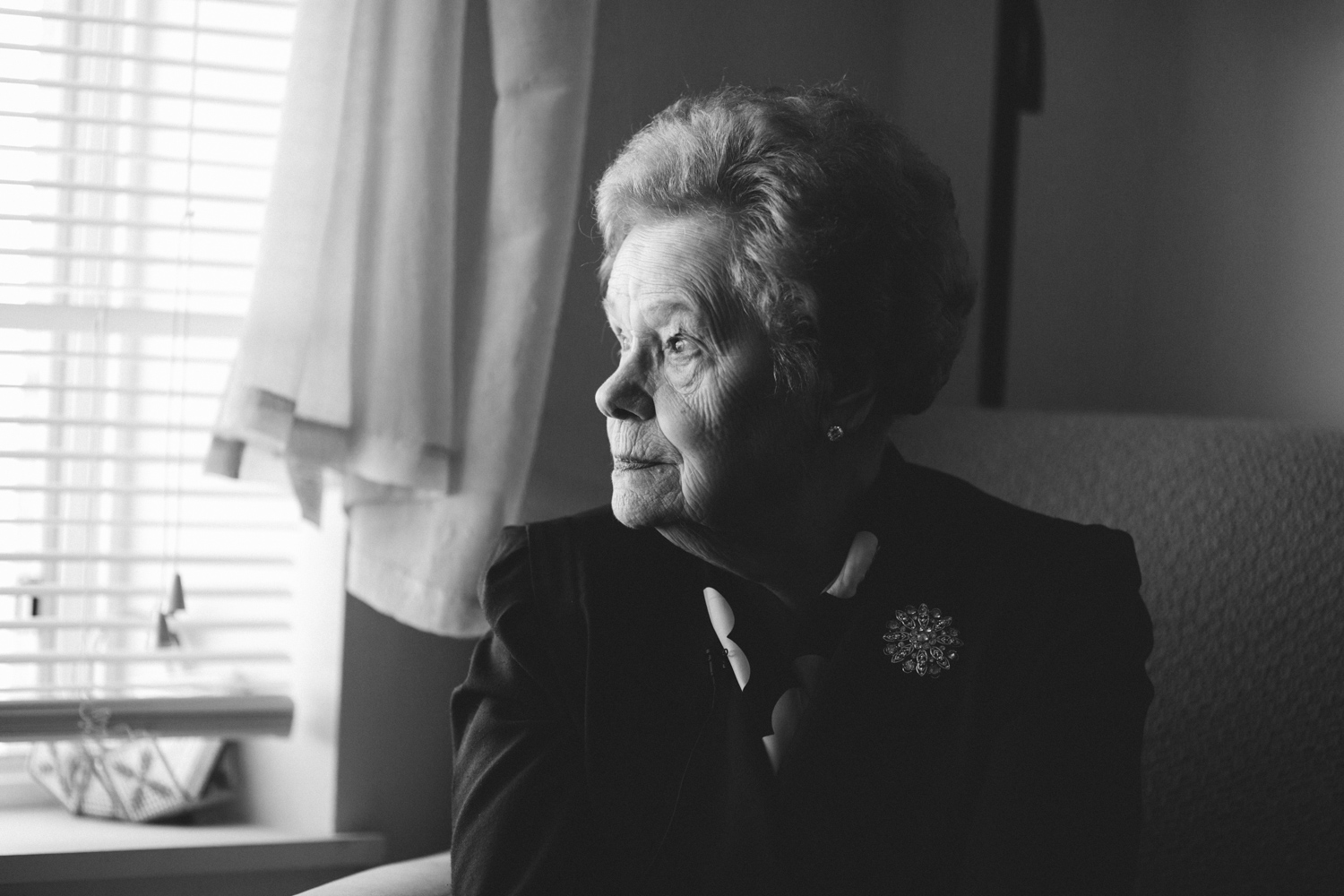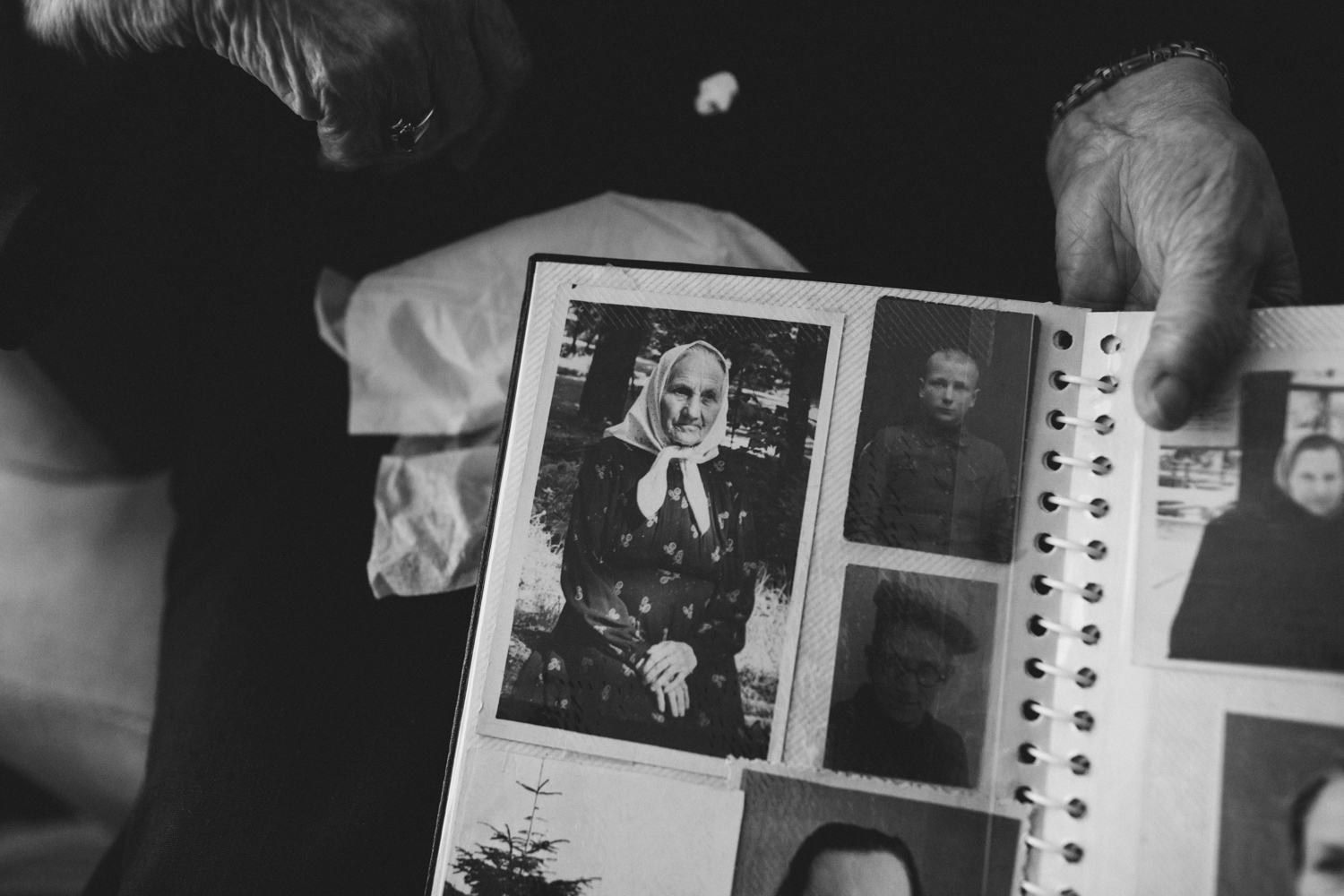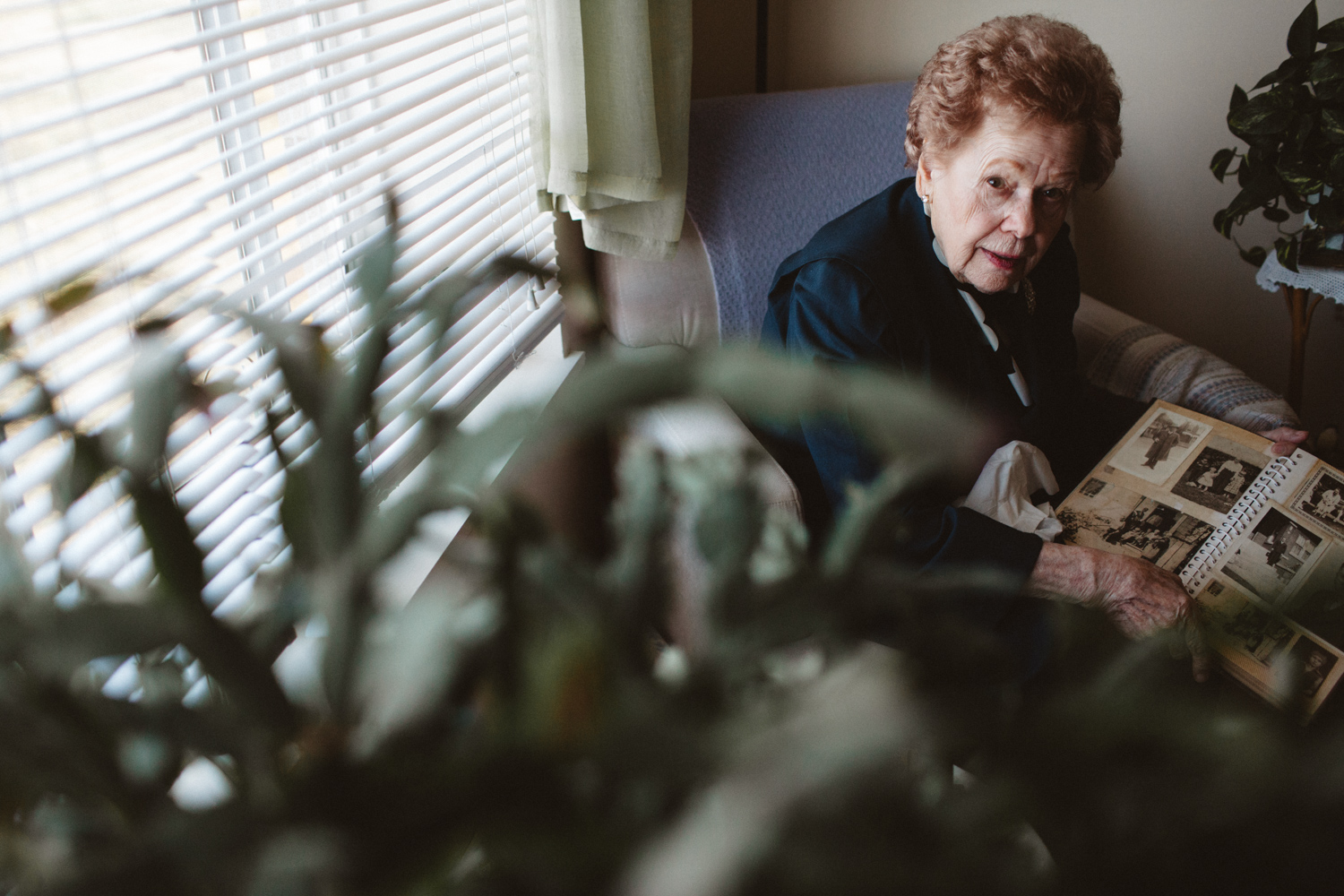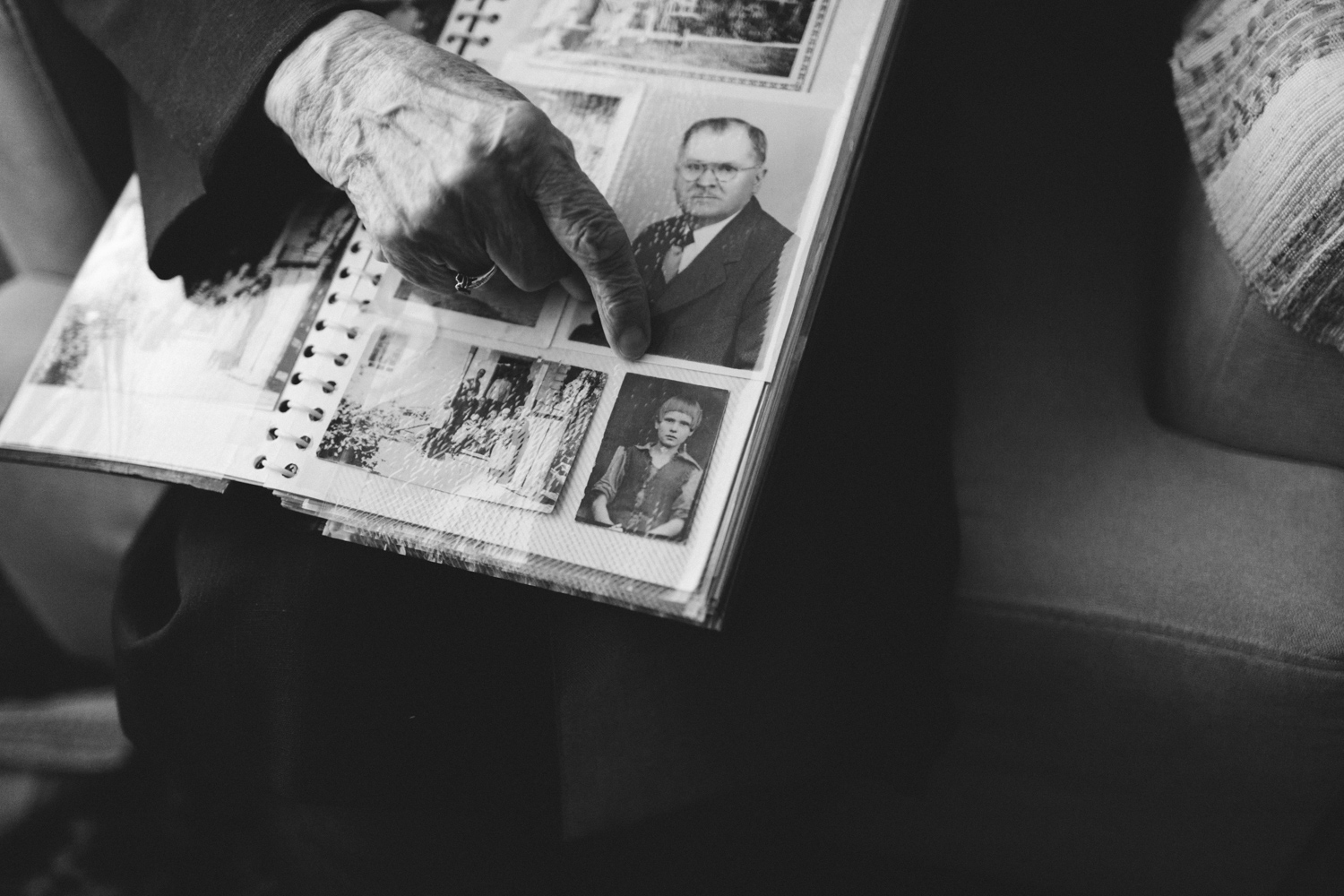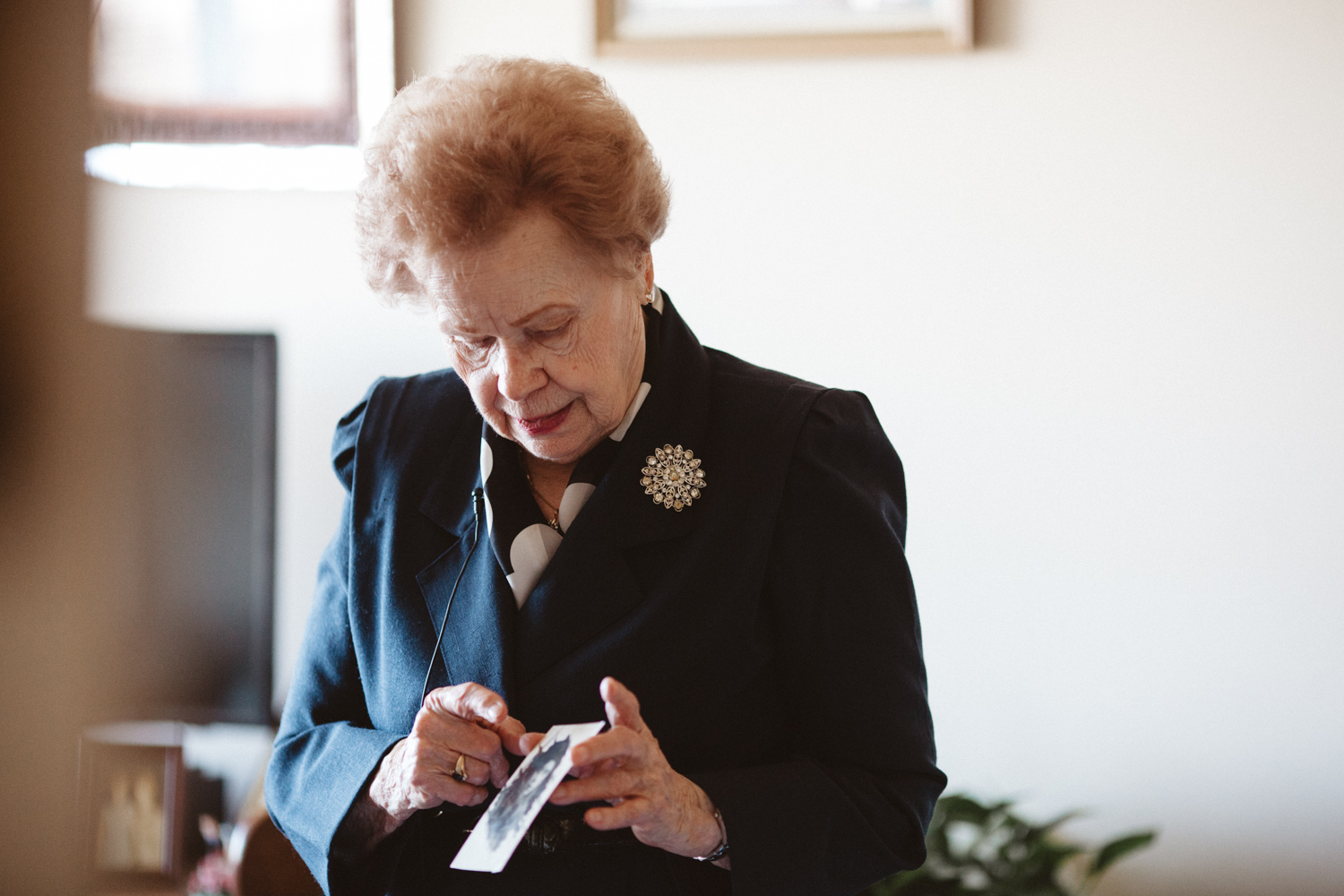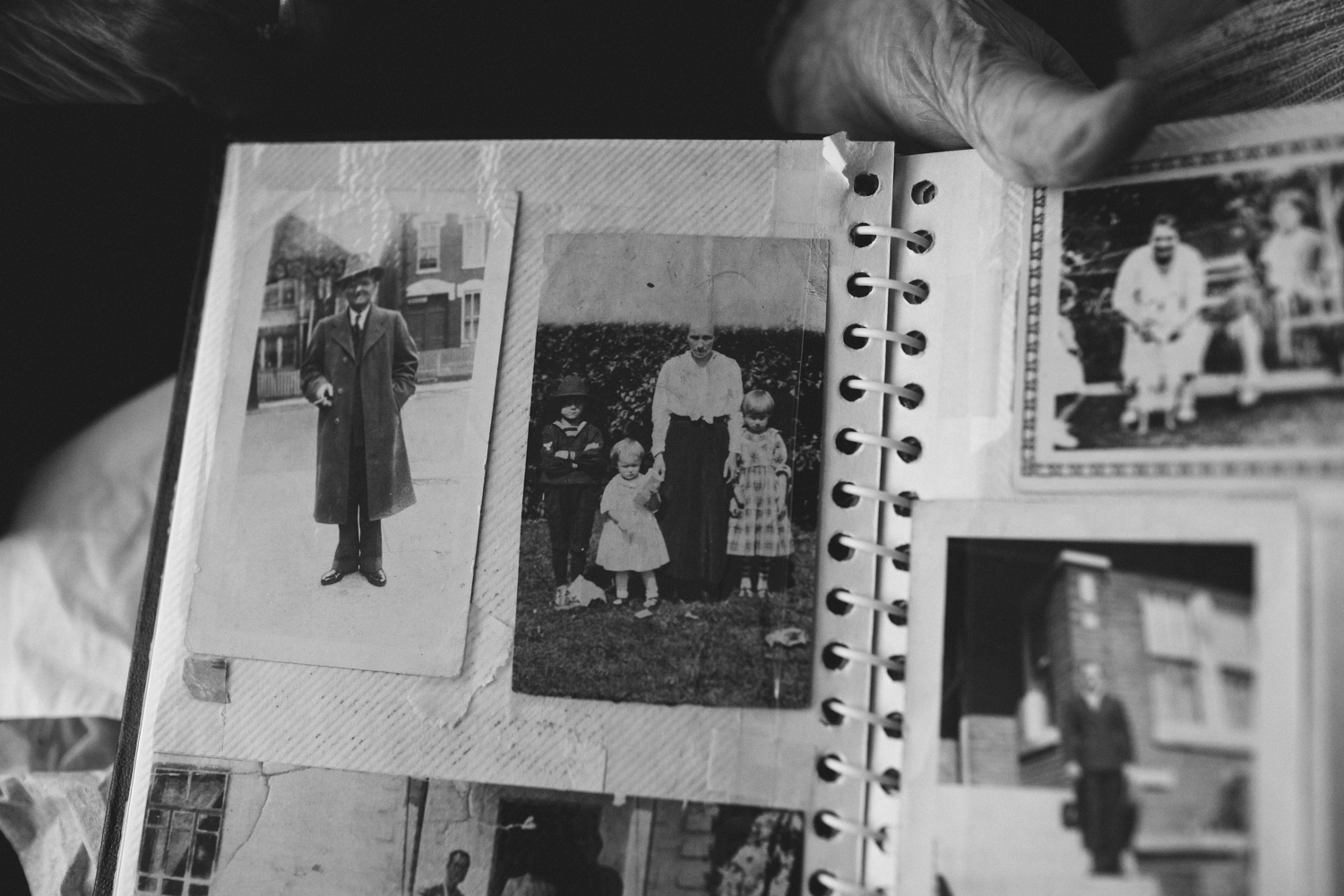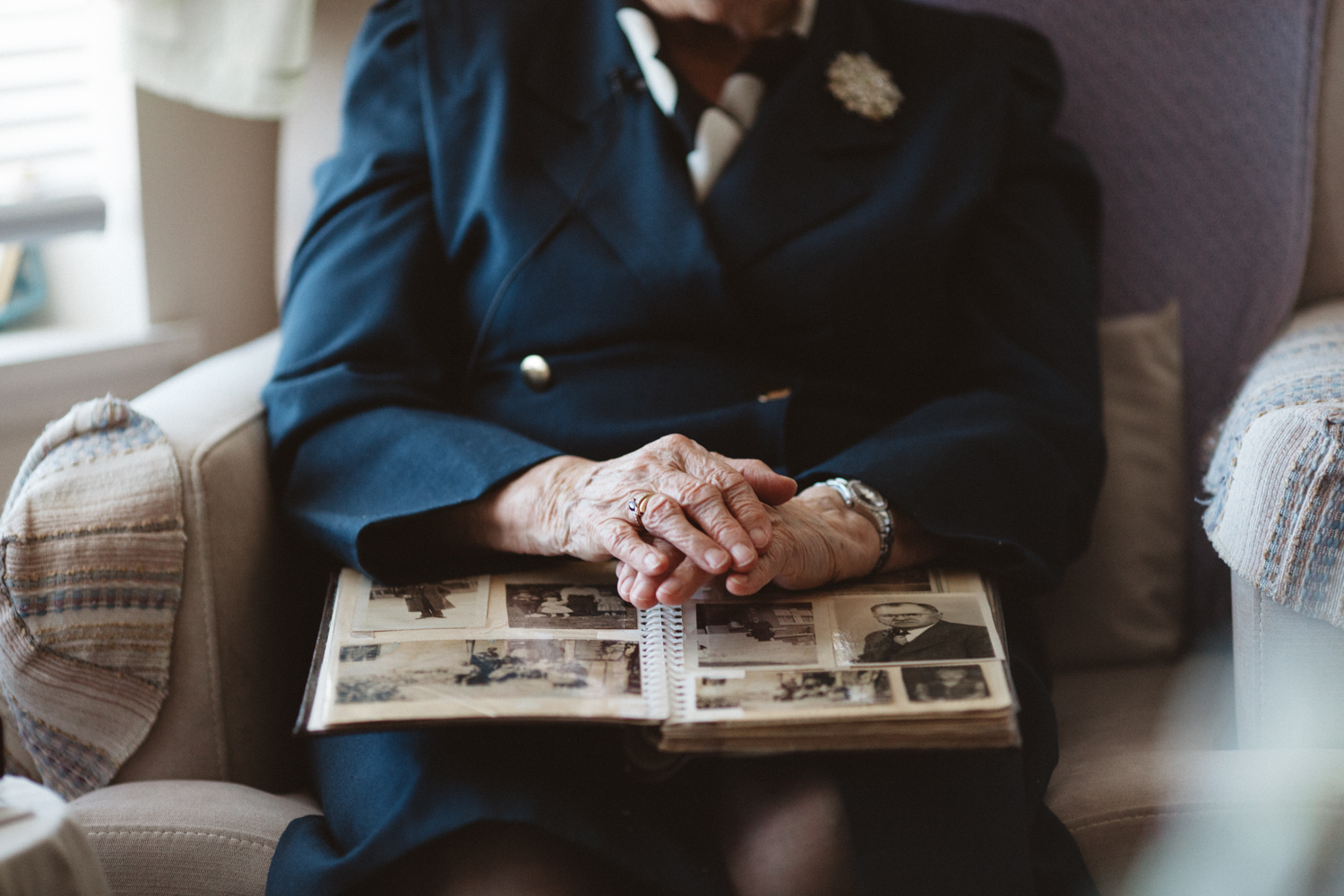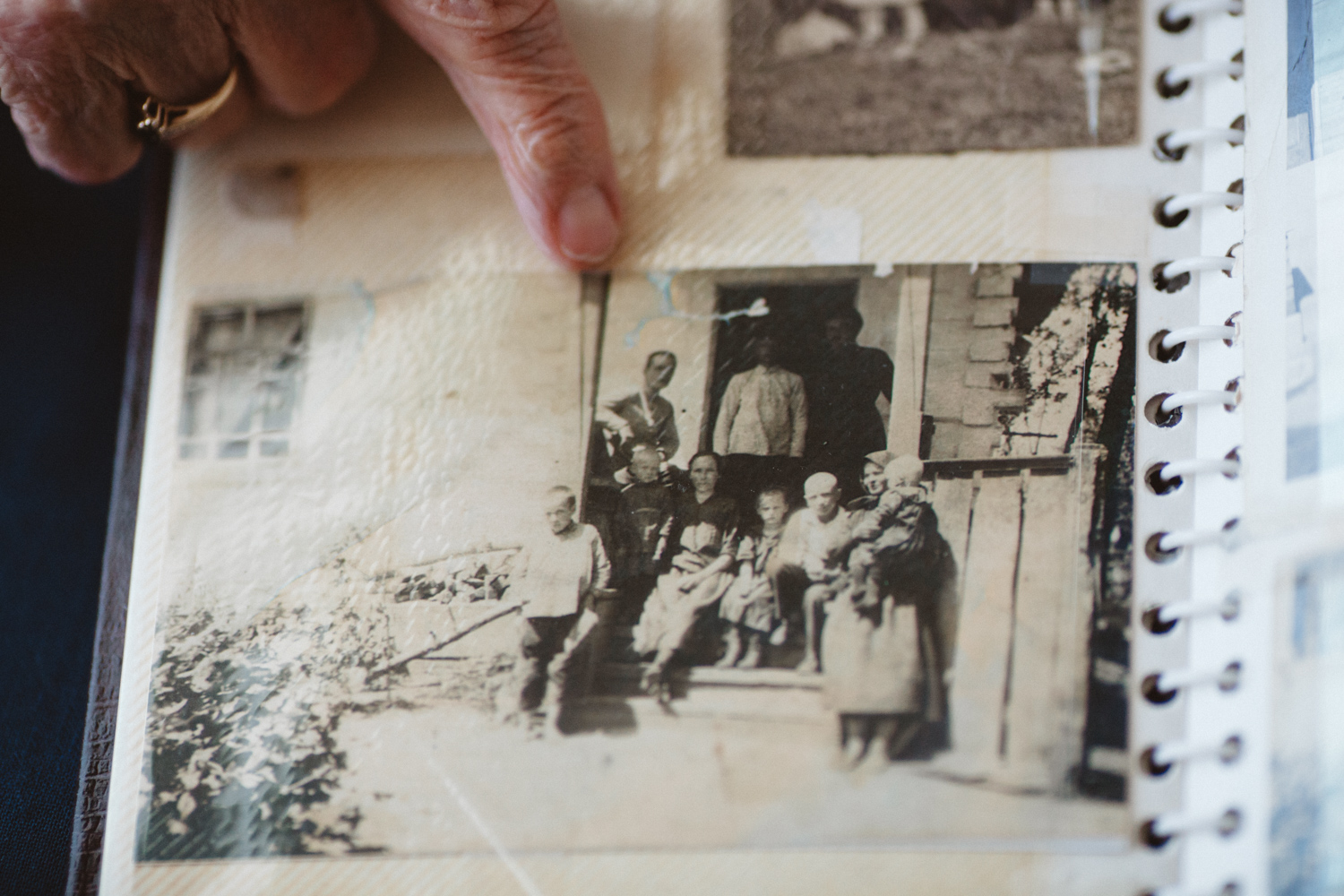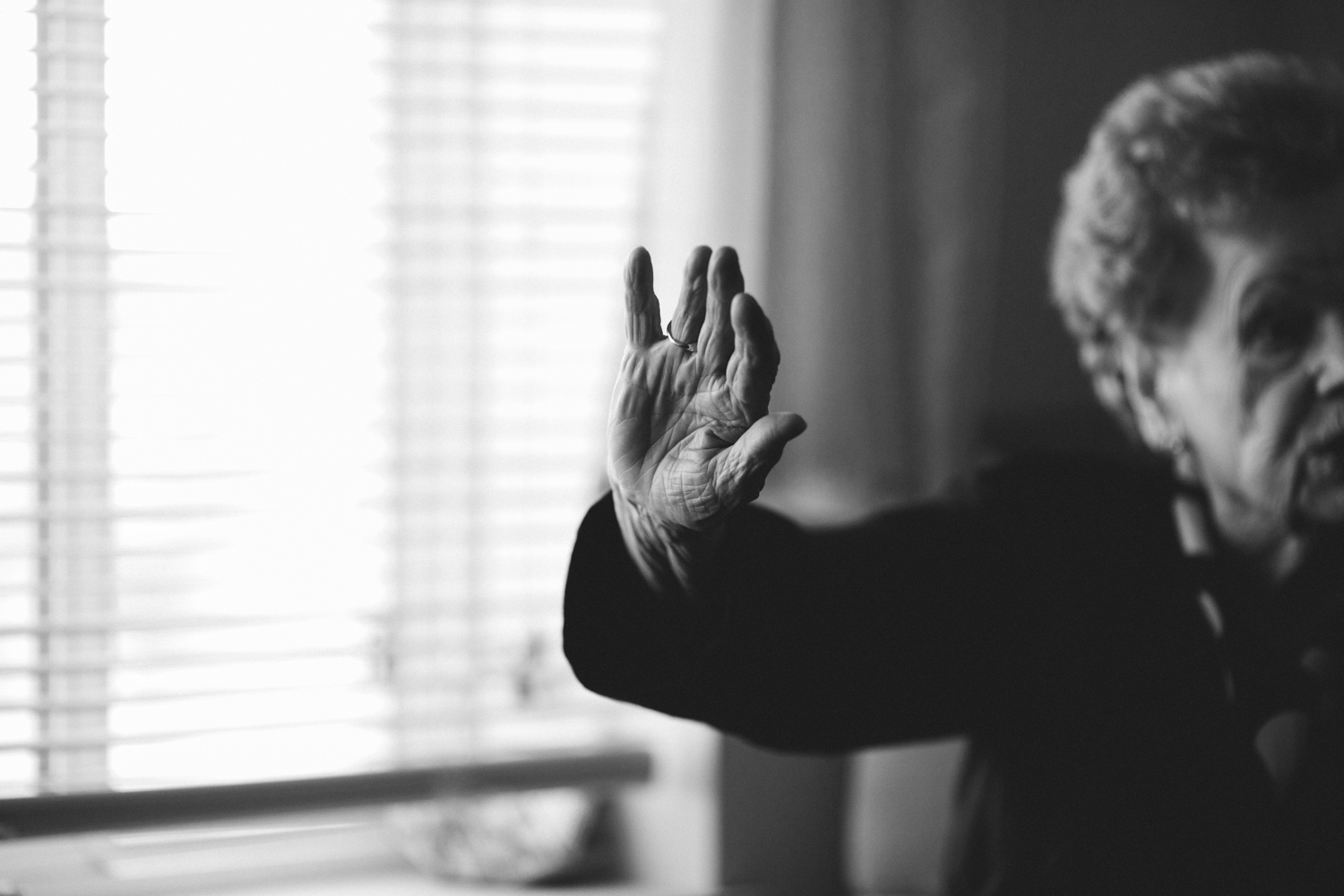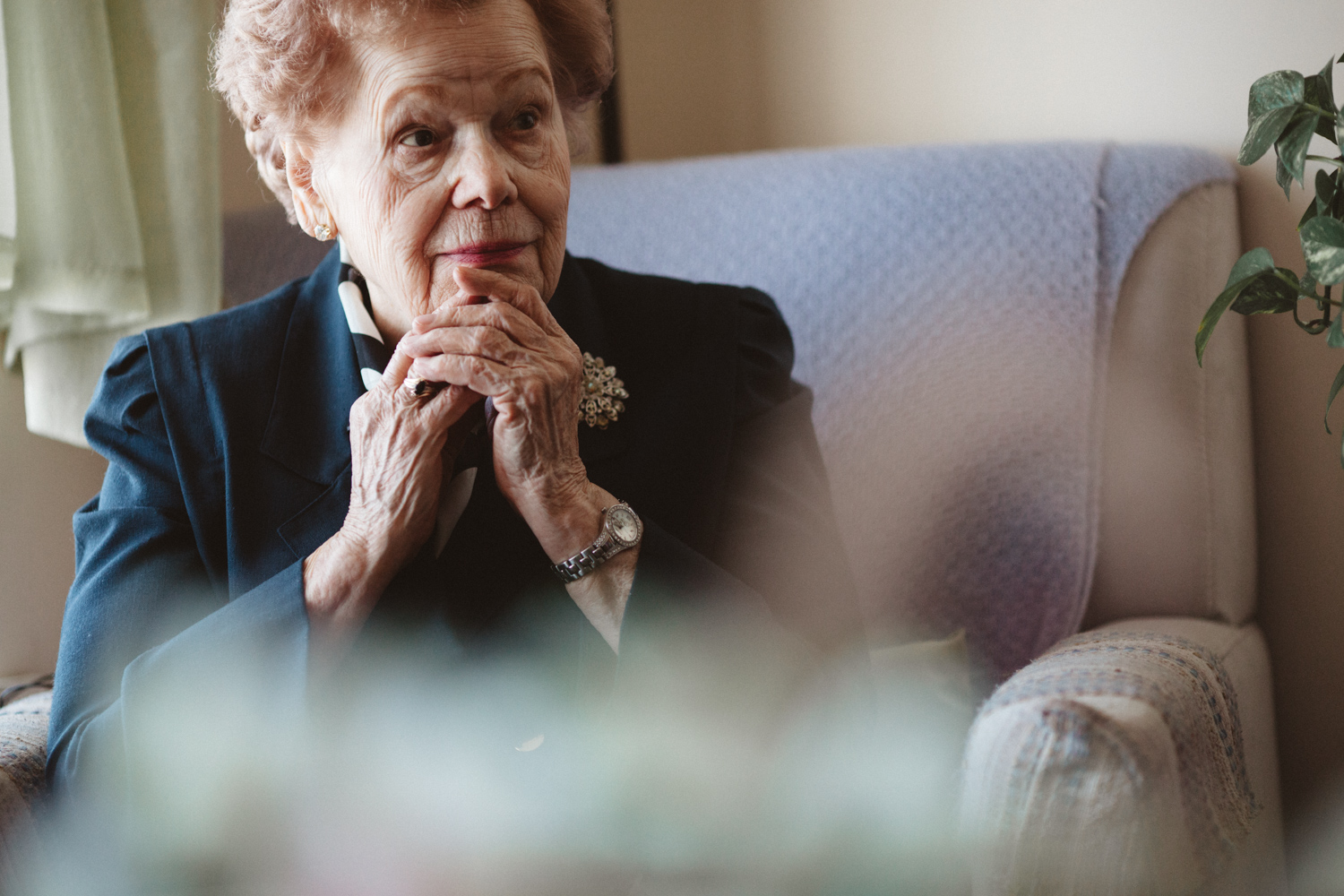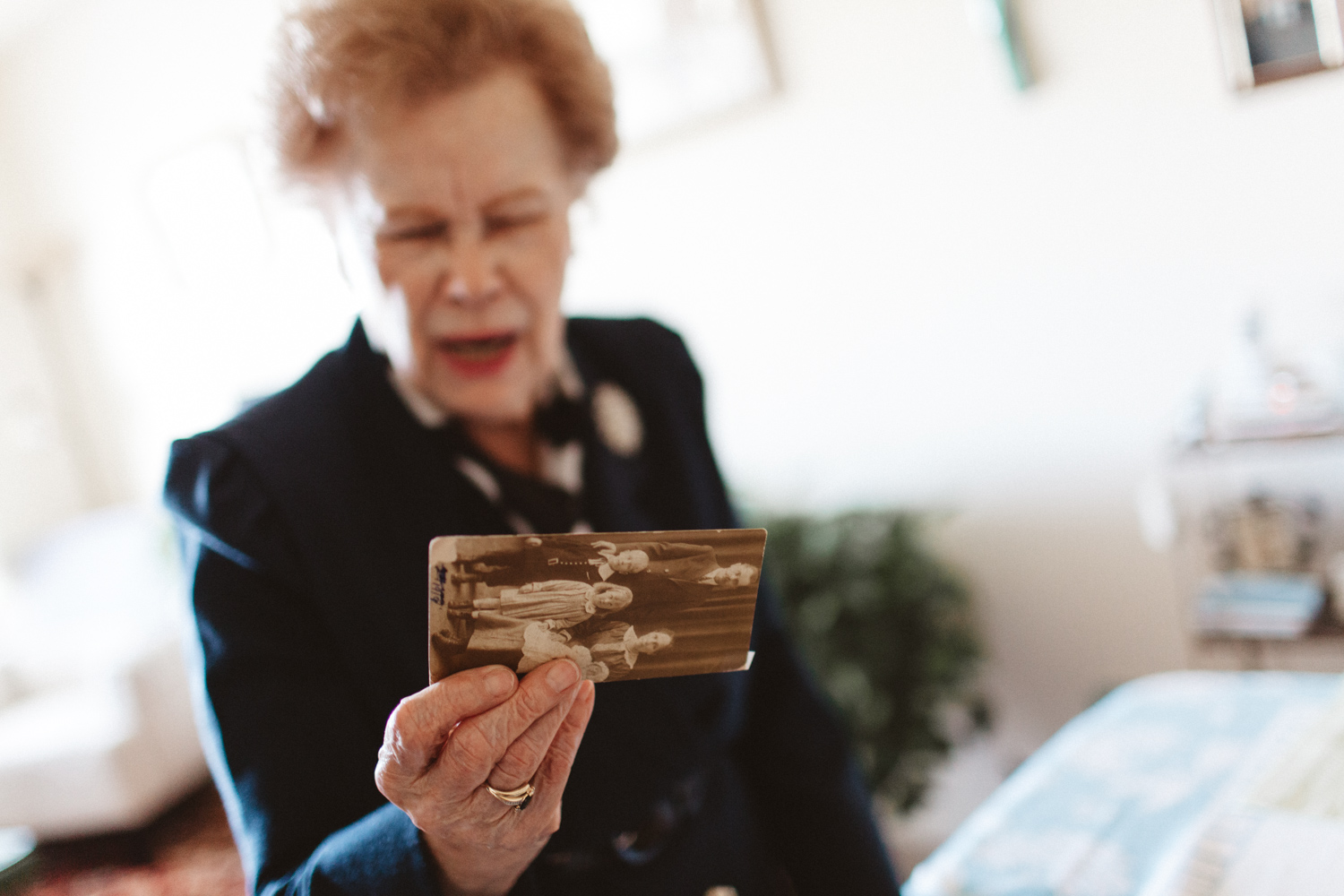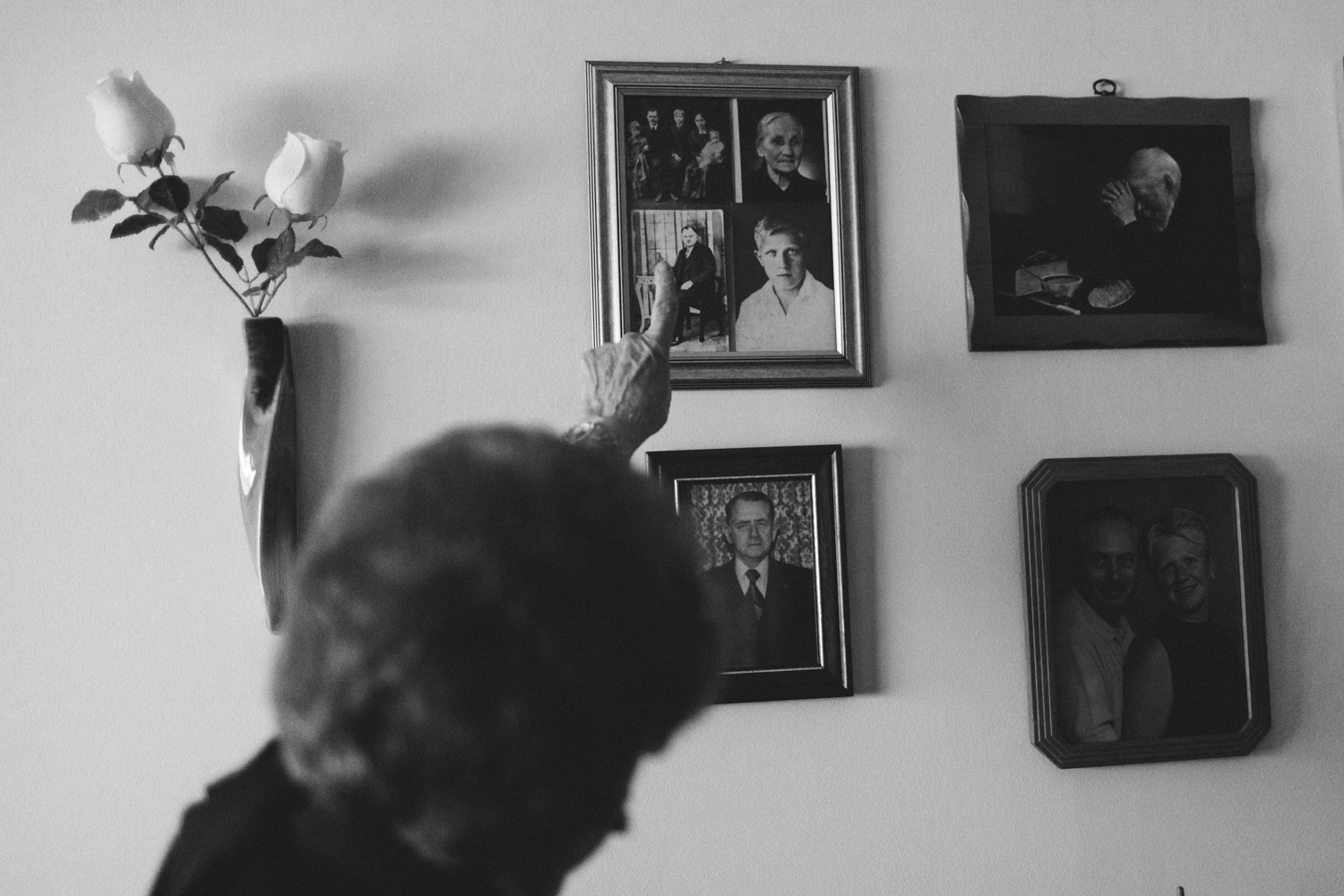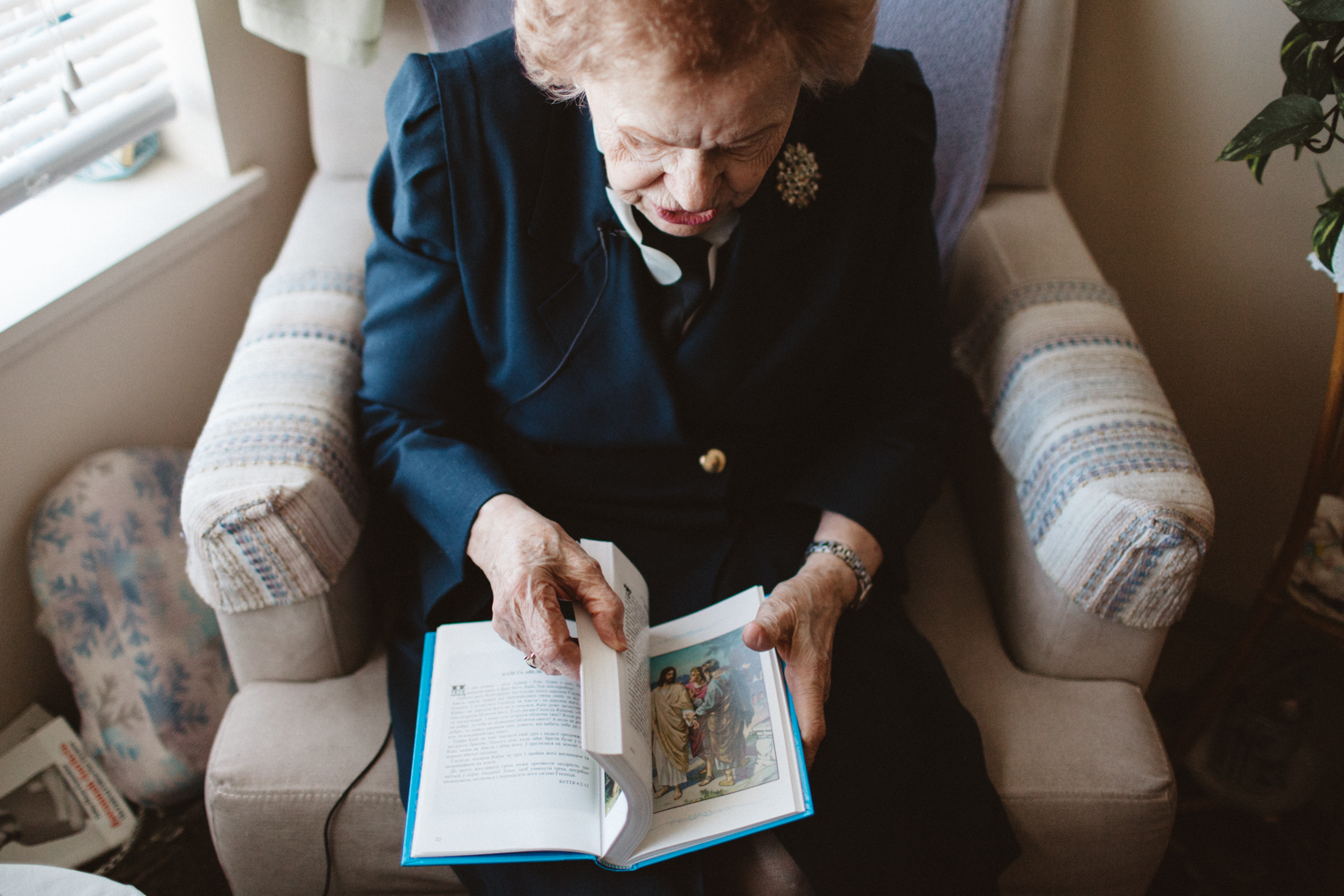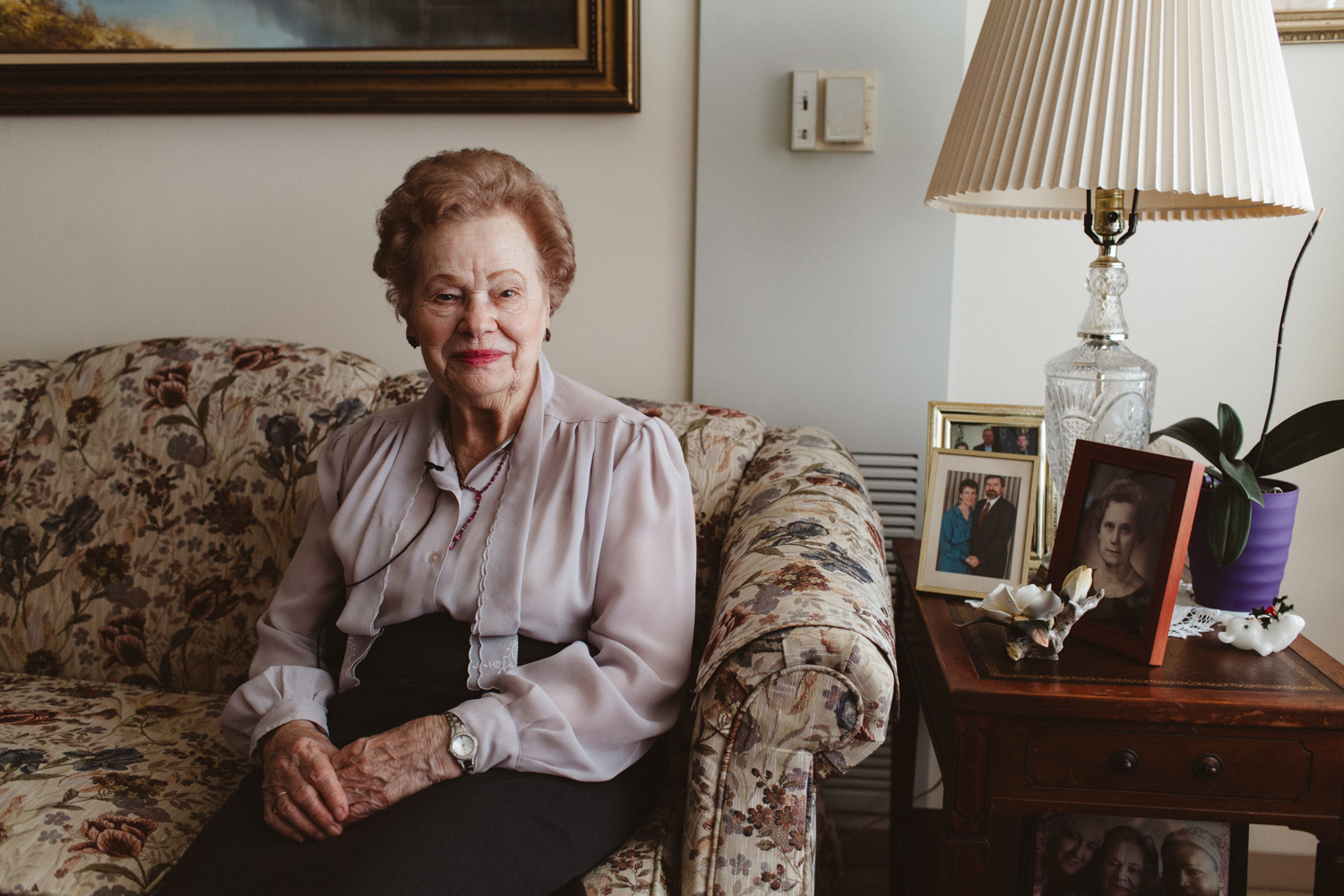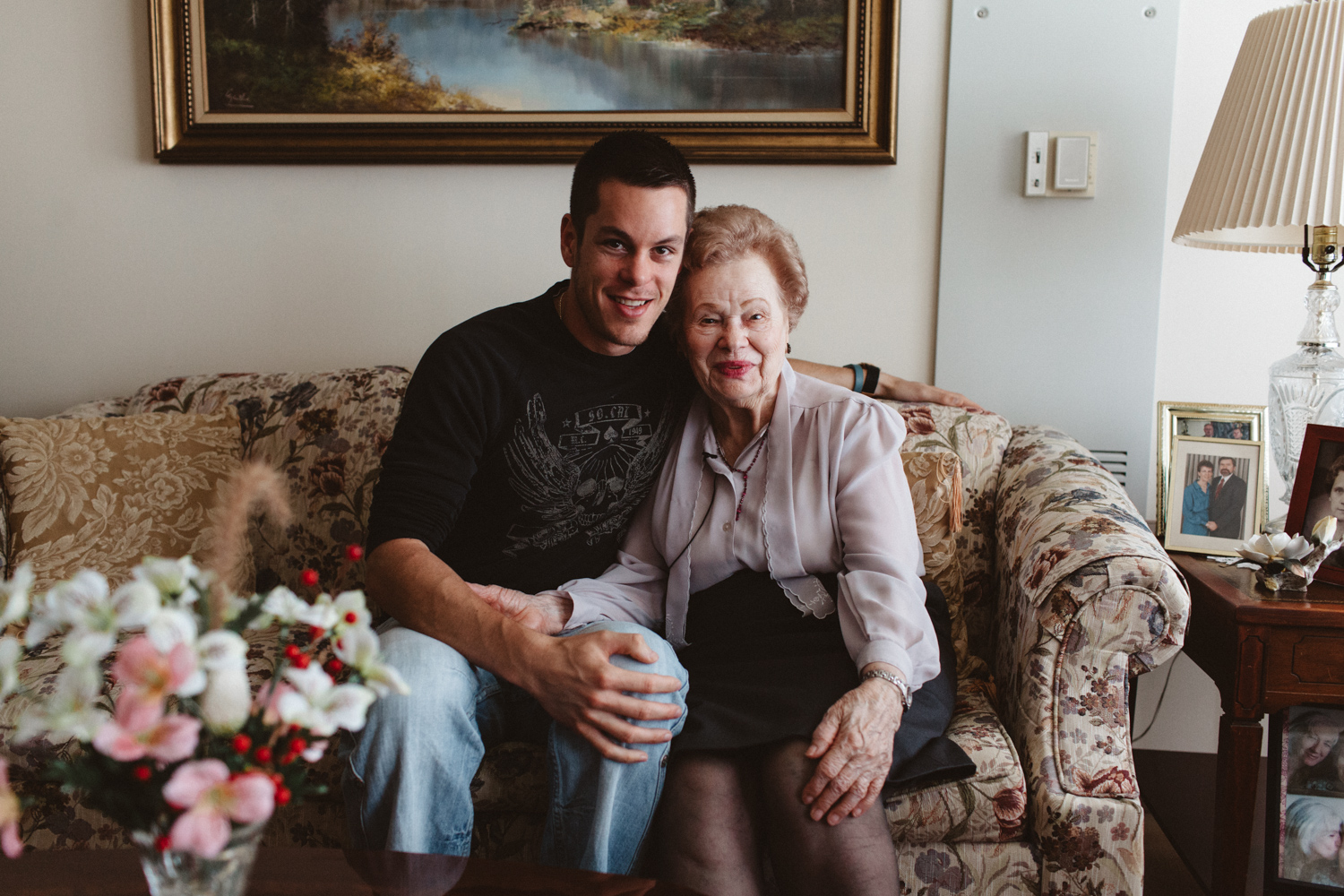LISTEN NOW:
SUMMARY:
In this episode, 97-year-old Luba shares her story about moving to Ukraine from Chicago in 1922. Luba discusses her struggles and triumphs throughout her life, including surviving World War II as a factory worker in Germany and how she met her husband.
NOTES:
[6:30] Talks about her beginning
[7:15] Luba talks about moving to Ukraine
[8:00] Talks about getting land and being happy with her family in Ukraine
[10:00] Talks about how they would go to bed hungry
[12:00] Luba speaks about the start of communism
[13:00] Talks about having no communication with her father for 10-15 years
[15:00] Speaks about knowing what it is to be poor and hungry
[16:30] Talks about being taken to Germany for the first time
[18:30] Talks about “disinfection” in Germany
[20:30] Talks about meeting her husband
[22:25] Talks about her and husband getting married
[24:45] Writes a letter to her father in America
[26:00] Talks about her feelings of America
READ THE TRANSCRIPT:
“Okay, start it from the beginning.
“My name is Luba Beucher. I was born in Chicago in 1919, April 5th. My maiden name, Luba Krott.
“Father wanted to go on vacation to Ukraine and Mother says, “If you go I’m going with you, because maybe you will do like your brother did. He promised coming back, and he never come back.” So, they pack what they have and they went to Ukraine in 1922.
“I still remember everything looking so beautiful, and house and everything. Cherry. Oh my god. They have small cherry, they have big cherry, they have yellow cherry—all kind and delicious. Then plum, small plum, not big one. Our grandfather give the land for us, and my father built a house over there.
“Every Saturday, Momma said, “Wash the floor,” and we washed the floor over there. Then, the spring, Momma go and pick up the flower. Every Saturday we go get flower, and I loved the flower. Always. It was very, very nice. In the winter when Momma baked bread or something all house would smell. It’s very nice and very good.
“And some kind special mushroom was growing. They already know what is good and what is bad. She will dry this mushroom and make it like a flour, and from this make like pancake and we have to eat. That’s how we survive. You have to survive. Many times we go to bed, we hungry, we crying. We cannot eat. Our bodies swallow everything.
“For Christmas, usually they feed the pig very, very good. That heavy big one, and lot of fat and everything. For Christmas they always kill—they make sausages, they make lard, they make bacon. One they do—they have very big barrel, all the meat they put in salt, really a lot salt, and put over there. It was not refrigerator. That time they don’t know cooler. Cooler! They will make it in the ground! Like a hole, big hole, and then they put the shelter over there. When you bake something, or butter and milk and everything, you go downstairs . . . and every day you had to go up and down. That was your refrigerator.
“Week before they have to kill pig for my momma, pig die. Dead. Nobody know why, and you know, when die, you don’t eat it because you don’t know what in the body, so that’s it. Momma don’t have nothing again, no meat. I tell you, it’s only because God with his grace and mercy that Momma and all we alive.
“Then, started Communists. They take everything from you, only you stay in your house. Papa, my father, had to escape.
“My momma and four children there. My father over here. Then, when Communists was so bad, we cannot have communication at all. So, we don’t have communication with my father, at least ten or fifteen years.
“It was one summer—very, very hot. I was in the school. Each time when they said teaching something, in my mind, I was dreaming. Oh, I’m coming home today, my papa will be home. Oh, Papa. But, Papa never come. We grow. I know when children, when parents lose somebody, and they have daydreams…because I miss my father so much. Always.
“It was the neighbor, his really big barn. Of course, they have lots of hay and everything prepared for winter, for what they needed to do. Three children, they got the matches. Three of them went in the barn, and they started playing with matches, and start the fire. From one barn, they burn their house, neighbor barn, neighbor house, and our house. Momma and children, because Momma was in field working, when they come [back to the] house, Momma have [only] what she have on, and what we have on.
“I know what to be poor. I know what to be hungry.
“I remember when it comes time to pick up everything. Momma will go pick up the potato, and she put on her back, and hardly can walk home. Can hardly walk home. She have to feed the children, and nobody help. Father, he don’t know because he cannot write, he cannot do nothing. He don’t know.
“I don’t know. But maybe some people [are] okay, children okay. I go to neighbor, they playing. Those children playing with the father, and with the mother, with everything, and my mother have to struggle with everything.
“They started coming, and it’s very, very sad. People coming to visit Momma, and they talking. They talking. We have a lot of Jews in our village. They was wonderful. So, soldiers asked that they can tell Jews, and say, “Dig the road,” and so they make a road. A long one. Then [soldiers] put all of them on the road, and killed. Shoot them. In another village, people were telling, it was Jewish girl, beautiful. Many soldier rape her, cut one breast, cut another breast, when she was alive. “It was something, you know?
We started running in wood, but they see what is happened. They find me in the wood, but because soldier wore gun, we was running from them, the Germans. And they take all young people to work in Germany. I remember it was early spring, and they said, “Don’t take your warm coat, because it’s only for couple months, and you’re coming back.” It’s not true. I was twenty-two when they take me.
“To come from the Ukraine and Polish territory, go to German territory they have to make it disinfection. You know what that mean, disinfection?”
“They take all clothes, and you have little blanket. And you stay naked, and they put all the clothes in some machine with all chemicals going. It’s cold over there. Men over here, and children over here, and woman . . . all together. It’s like animal. We would freeze like that at least for hour, or an hour and half. When they bring the clothes, we put on, it was stinking with the chemical.
“Then I work for two years. Then they transfer me—not only me, many people—to castle. We was working maybe seven miles from the castle. It was in the wood factory, where they make all that for airplane. We make parts. I was working in place where I give
people tool, what kind tool they needed, and when they finish I take it, put in place. It was good work, but it was only for three months because airplanes have to bomb.
“We were in the bunker. Long bunker. I was on this side, and people on that side. People who was on the right side to the end, mainly, was killed. Nothing happened to me. For many people on this side. It’s only God’s blessings again.
“Then I remember one time I meet my husband. It was in bunker. He got wooden shoes. No warm clothes. Without socks. I don’t know him, but I have so compassion for that man. Sitting with shoes, and cold. I used to have a sweater, I knit sweater. So, I take it up there. I make it those socks, and next time I give to him. I don’t know him. I just give.
“My husband, he was baker from France. Somehow, they find out he’s a baker. They take him from this place to work in Harsefeld. Every week he will come, and because he was good worker, and I said polite, we started talking. Sometimes he give me bread. That’s how we became.
“When war finished, we started to be more than friend, more like dating. We was sitting in a barrack and he said, “You know, I have to go to France, would you like married me?” I said, “Yes.”
“We married City Hall, and people come, we come to do City Hall in that town. When we have civil marriage, it was priest staying and give us blessings.
“After we married, he had to go to bakery to work and somebody told him that [because] he’s married, that American soldier will make a party for us. Okay. He bake the cake, and that Sunday, they make a party. Three couple. Me, and two more couple who was married, also, was invited over there. We wanted a little bit music, and dance, like usually. He said, “Luba, come on.” We went over there. What we see, one long table and over here, all with the people. The cake standing over there. My husband looking, looking. He says, “Luba, that’s cake what I make yesterday!” He don’t know that he make wedding cake for his party! Of course, we had a piece of cake. I don’t know what we have else. American soldier have knife and fork, and they make it somehow nice, melody and everybody was singing.
“I think I am blessed, and blessed, and blessed for everything, but I have for everything.
“Then later, I find an address for my father over here. I sent a letter and I said, “I’m married, I’m living in France.” It was months—two, three—didn’t come. I think, “Well, my father, he’s not living. Maybe old, was died and everything.” Six months later, I received a letter from him. “Oh, my dear daughter. Your letter traveled in Chicago for six months. I only received yesterday your letter. Meantime, I already take your sister from Germany. She’s already for two years with me, and her daughter.”
“I like America very much. That is free country. Beautiful country. People nice. Government different, but we don’t like it. But it’s always the same. I have wonderful grandson,
wonderful granddaughter, and four great-grandchildren. I have niece, and her daughter, and her husband. My sister’s grandson. Wonderful people to me. I thank God for my grandson, Reid. He helps me with puzzles. Next time when I come, I don’t make it only one puzzle, but I make it two for him. He has to work on one, and another one.
“I don’t know how I make it. People from churches used to tell me, “Luba, we was afraid for you, that you will have heart attack.” Thank God I’m still living. Maybe purpose with this one. I don’t know. I’m happy. I have good church. My heart. I have God. He take care for me. I am very happy.” •
